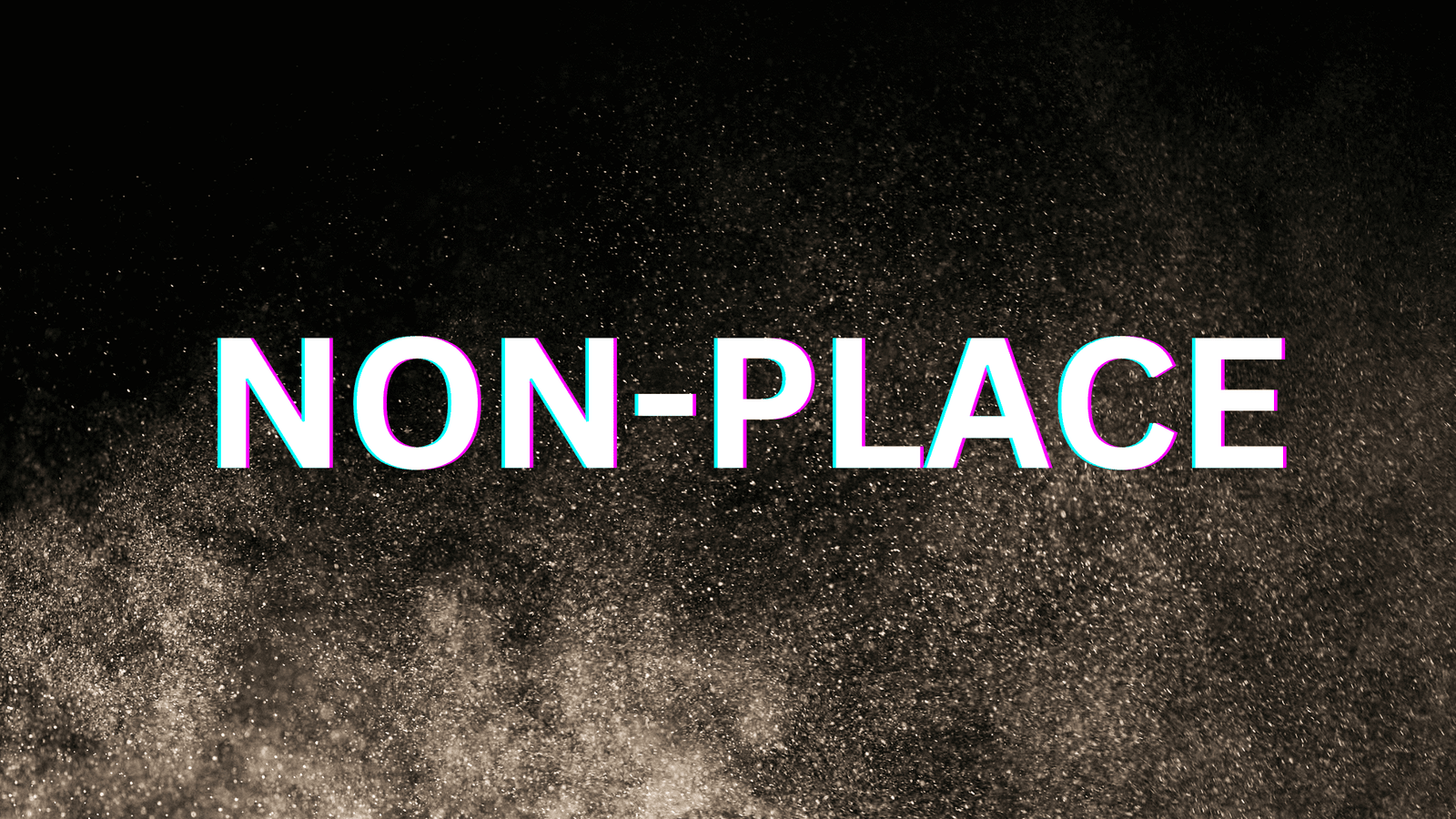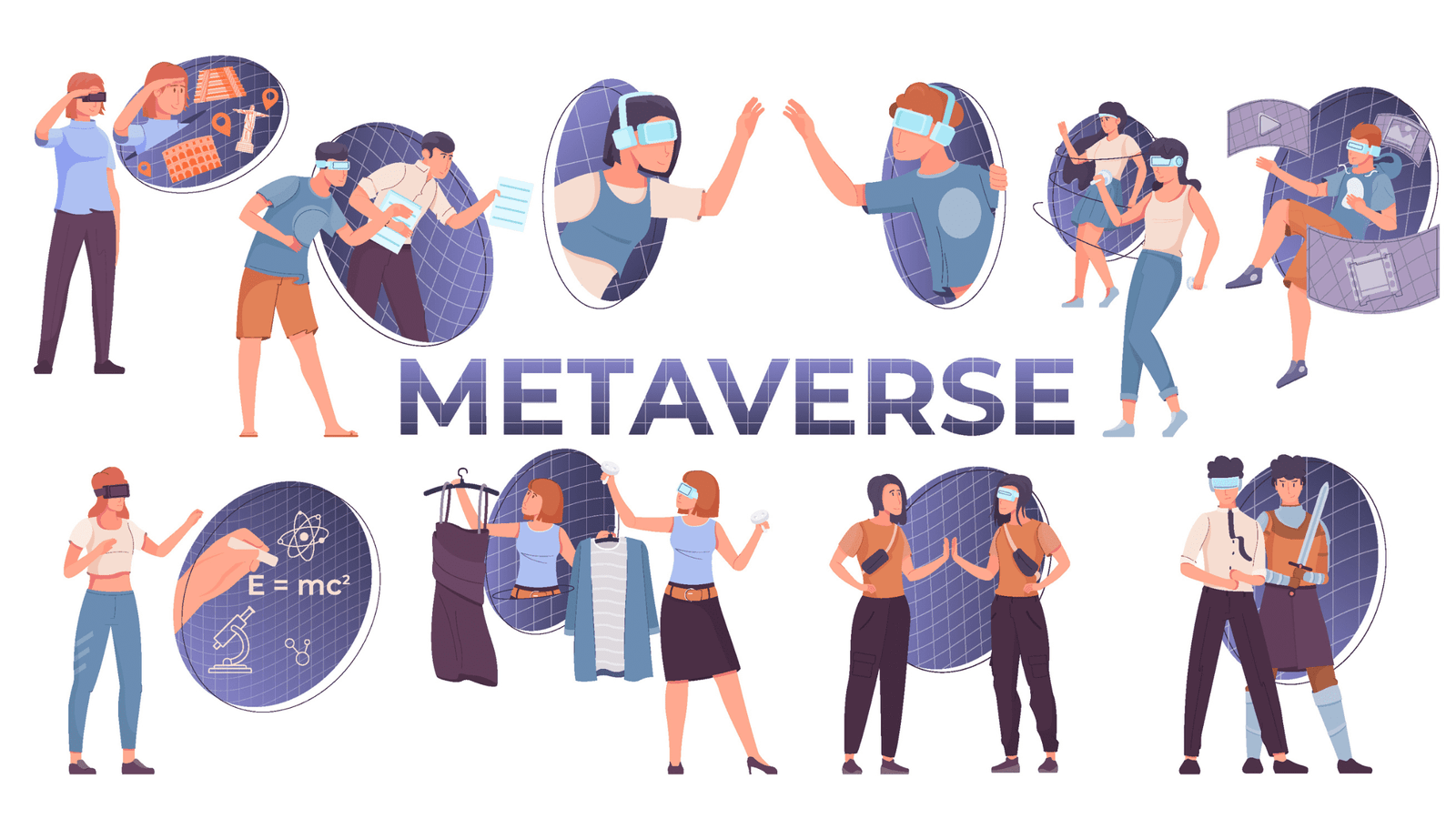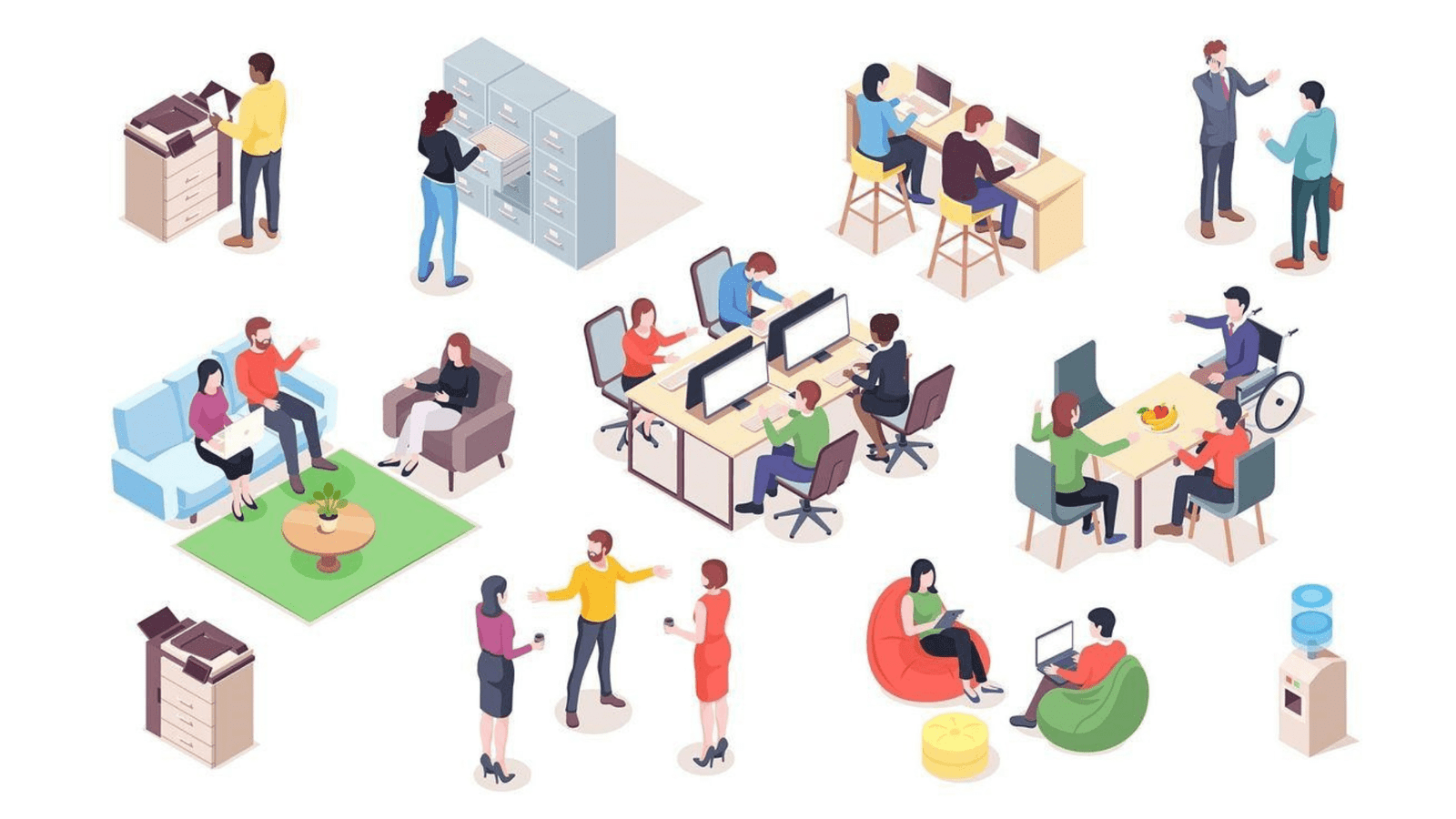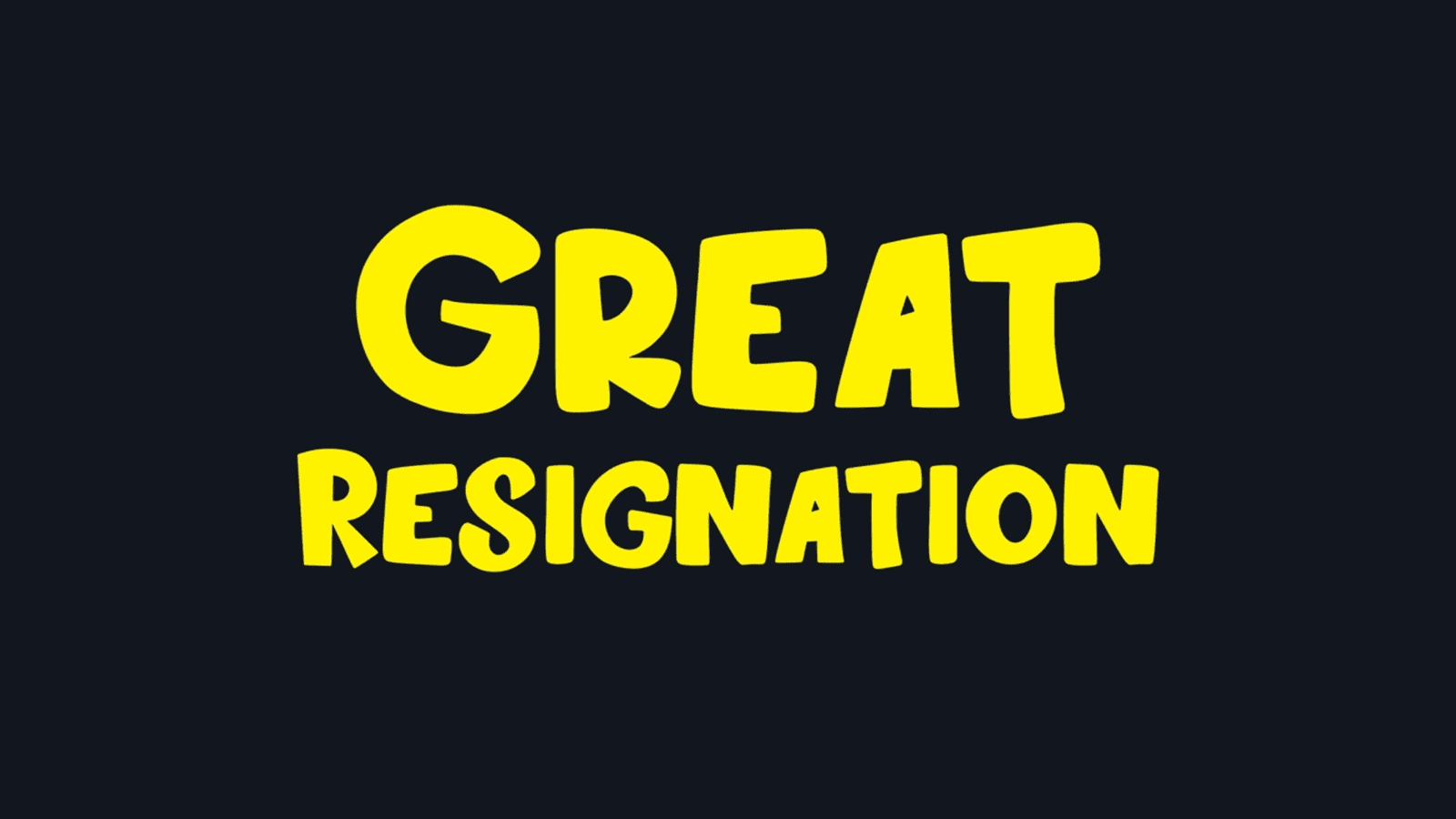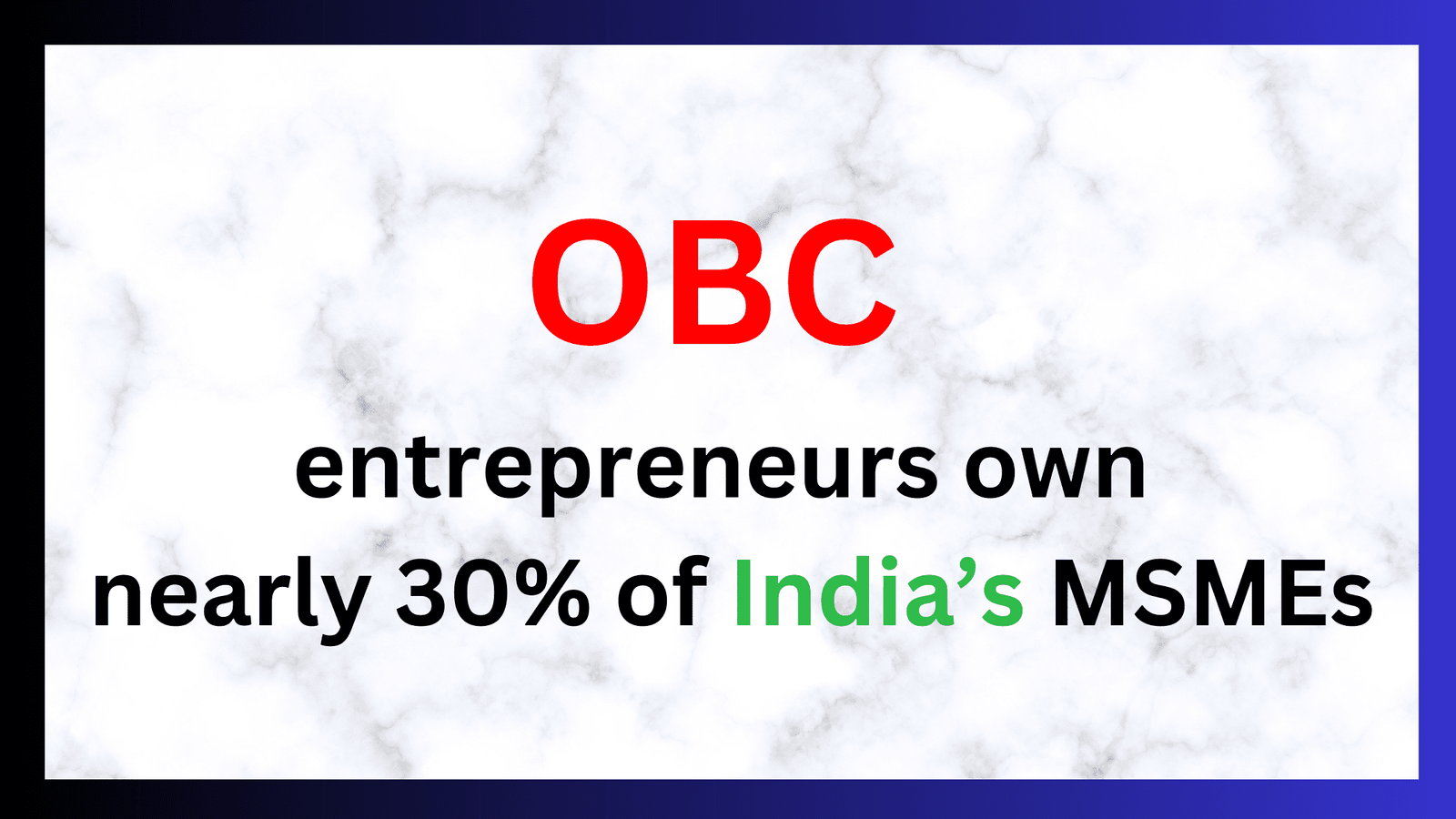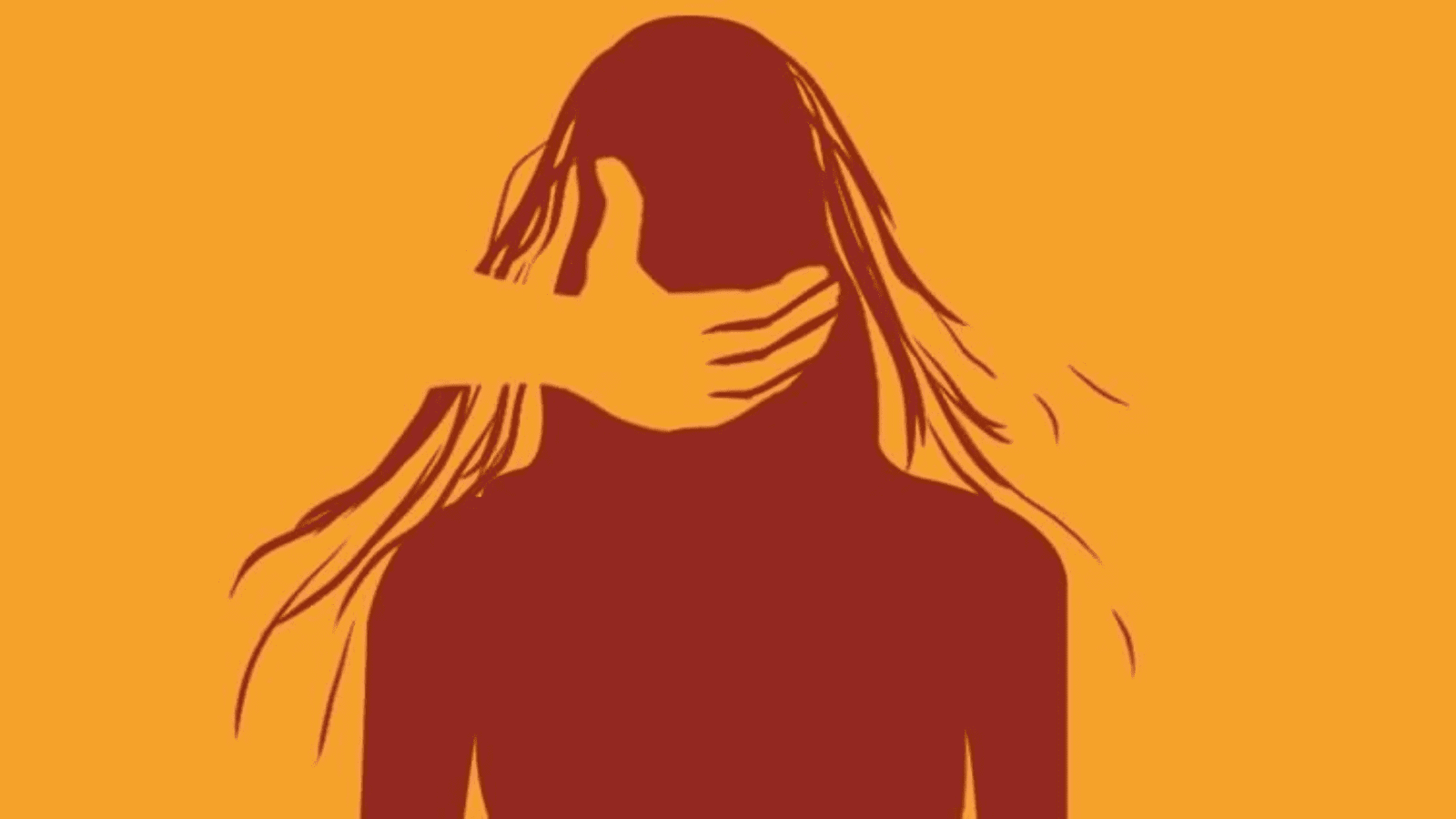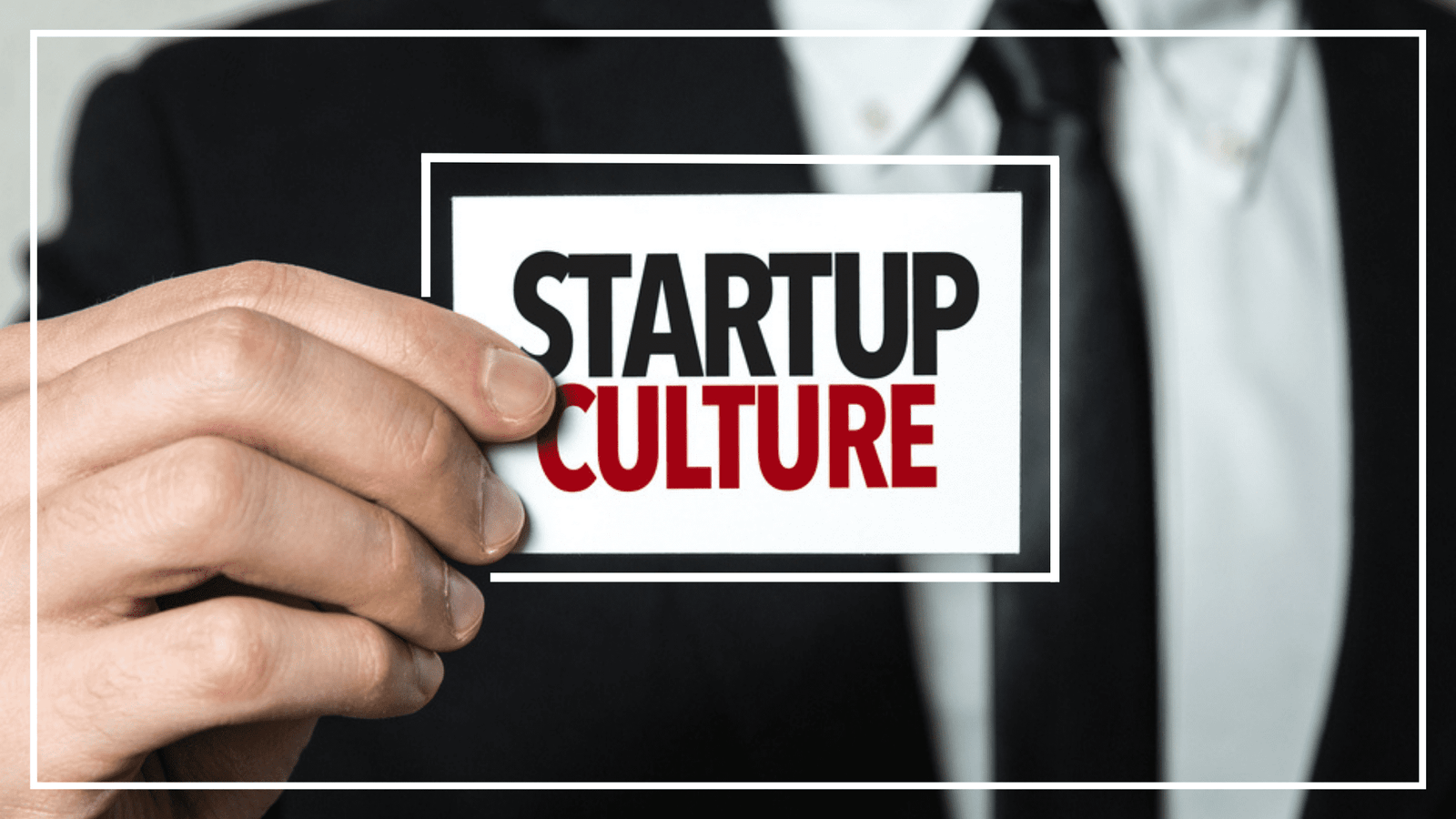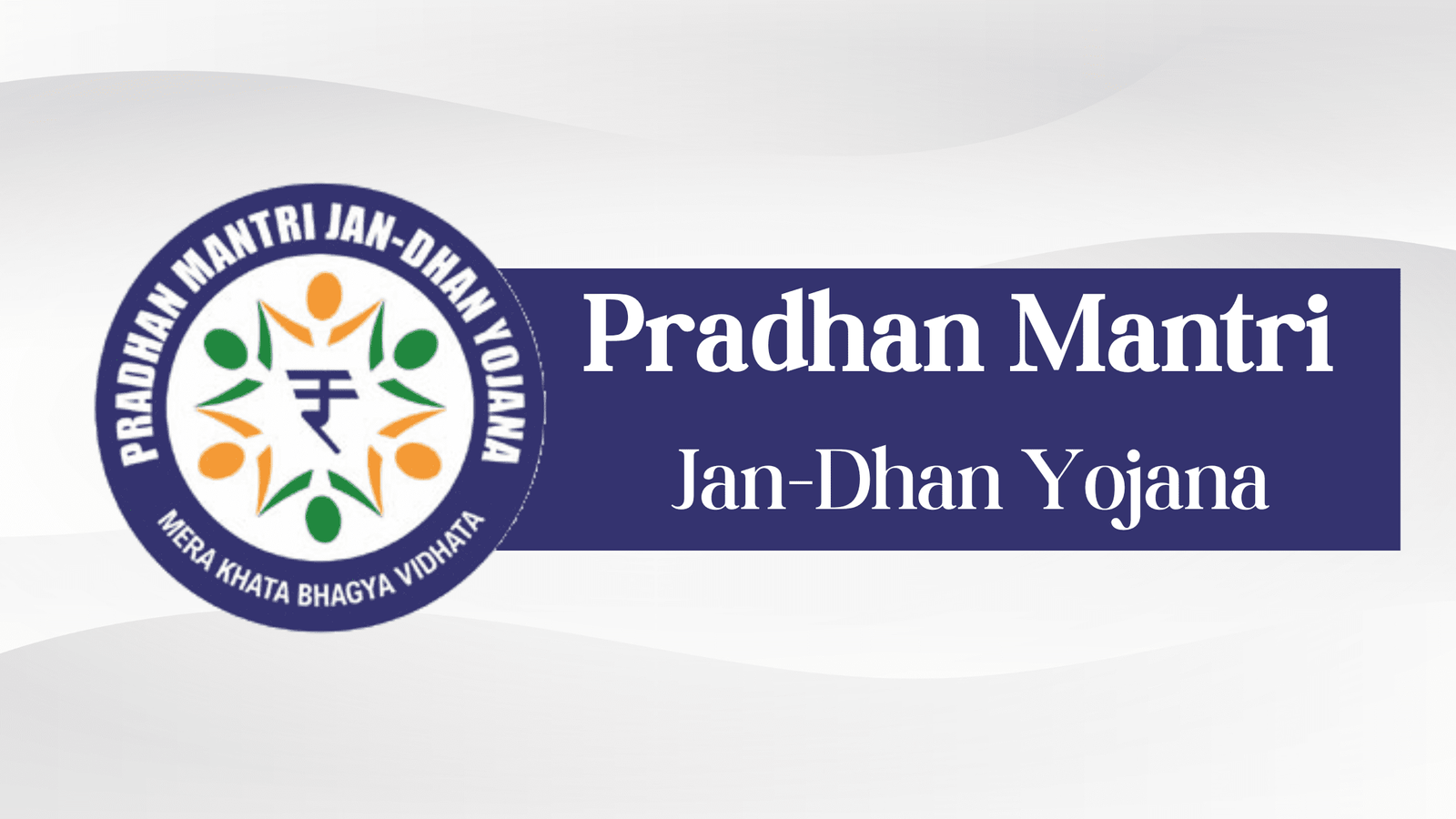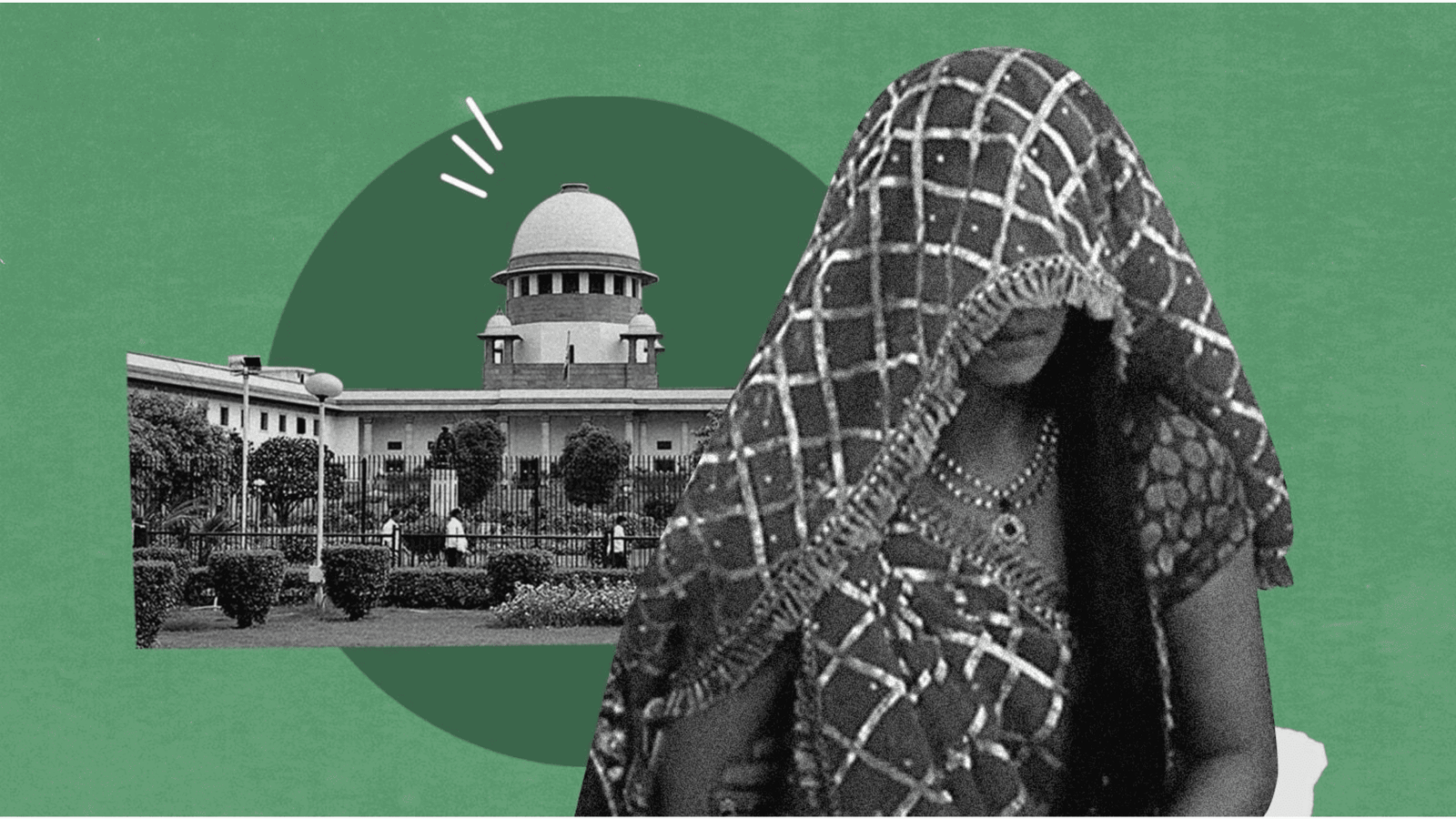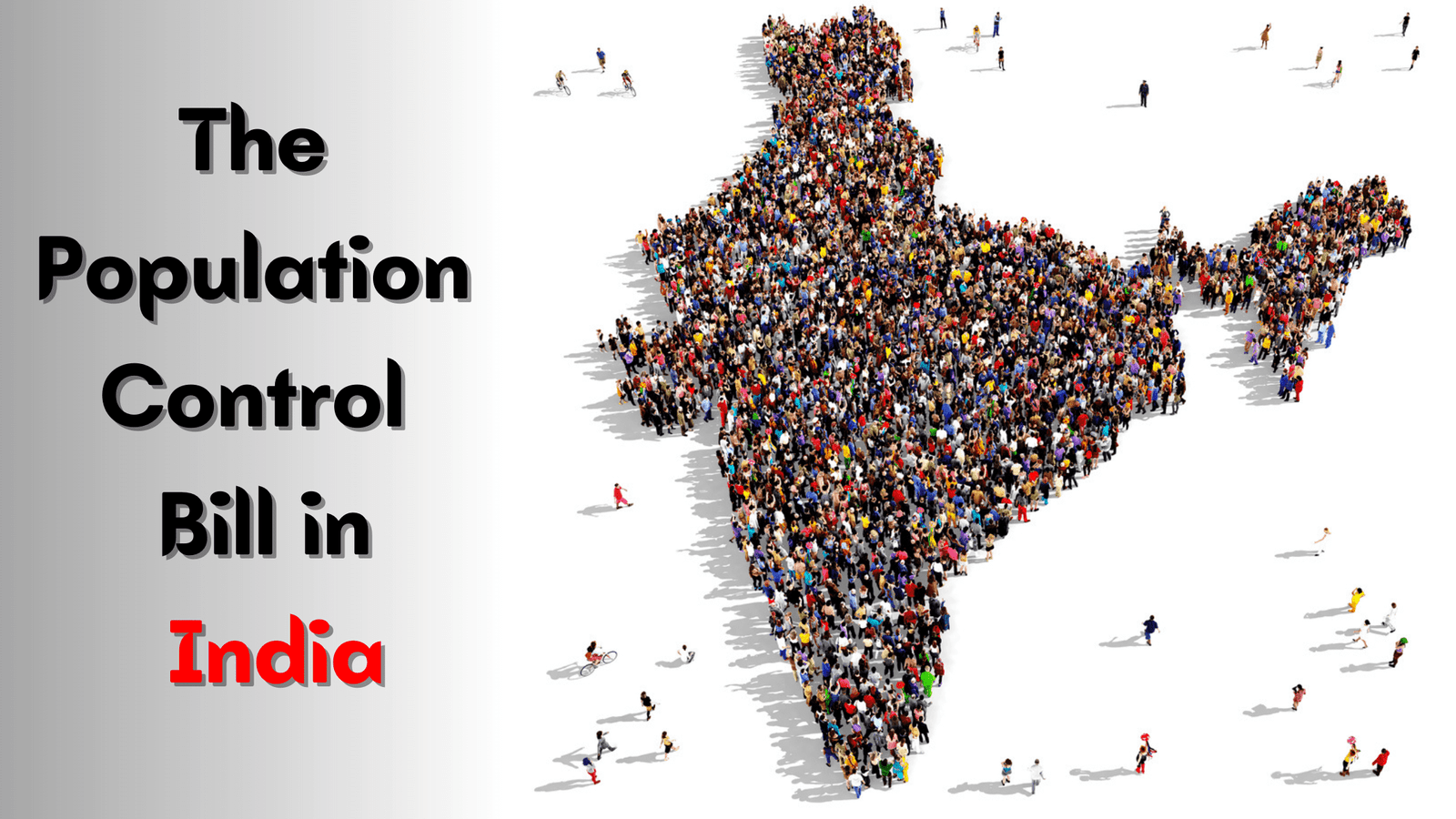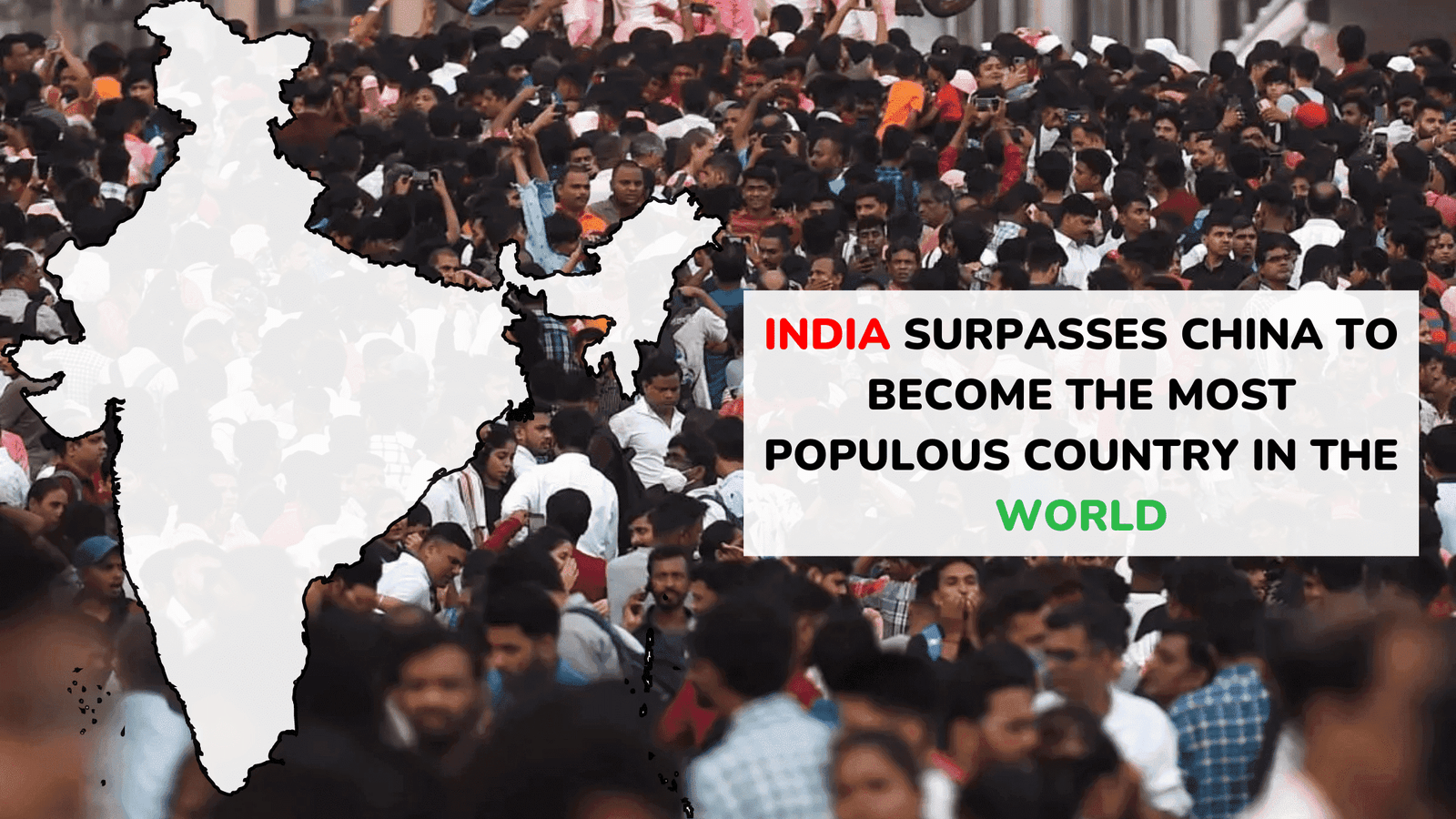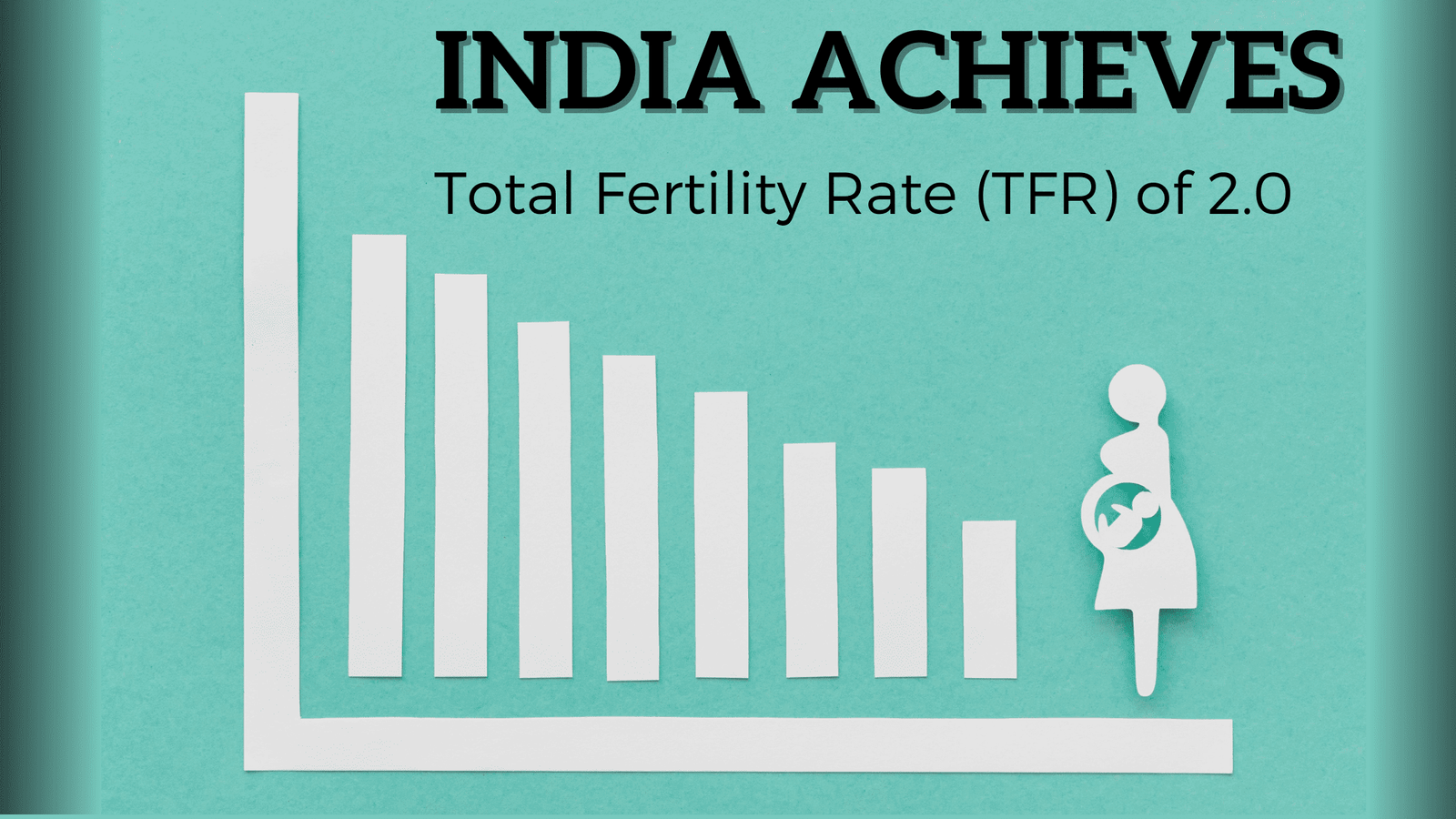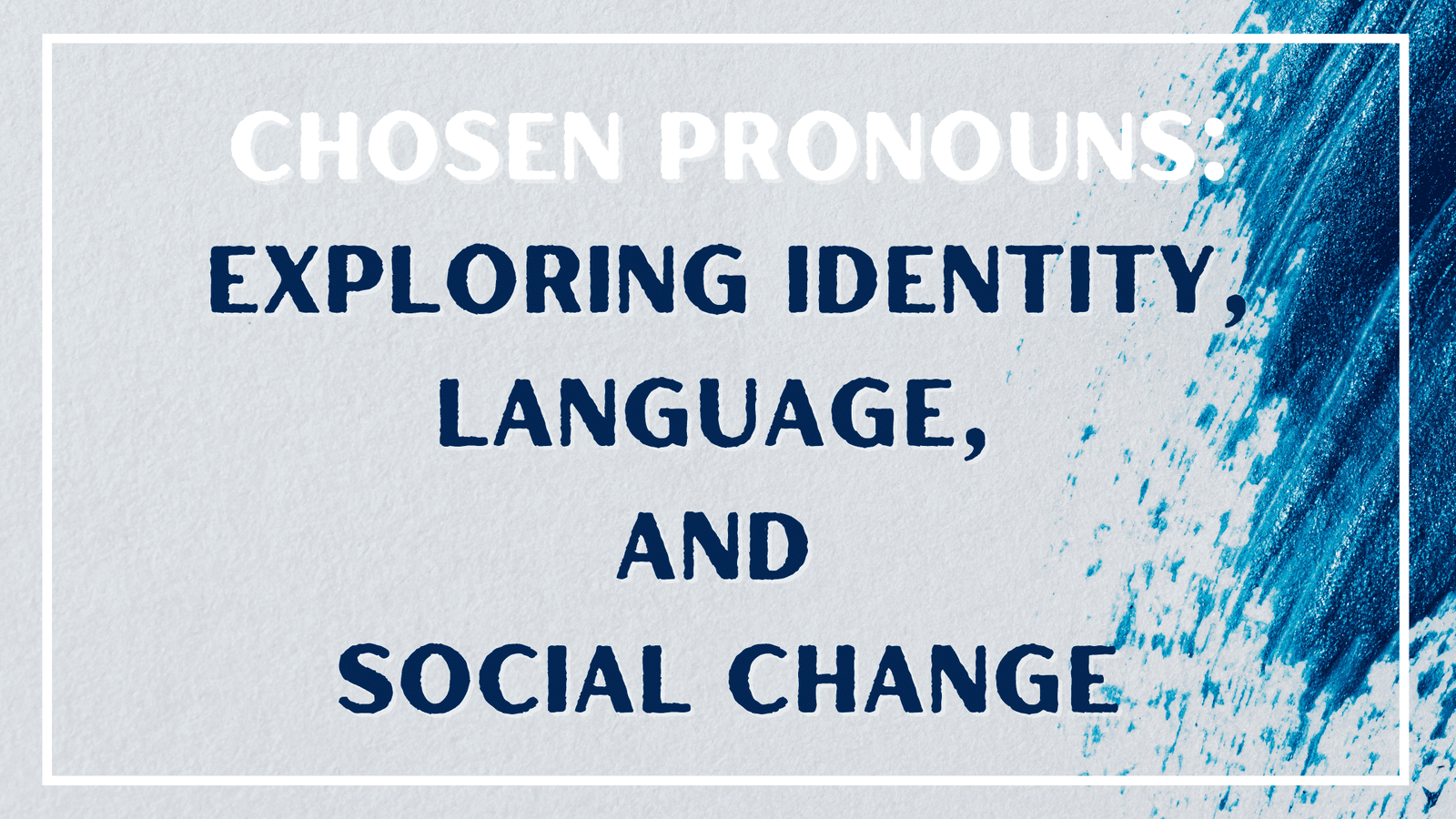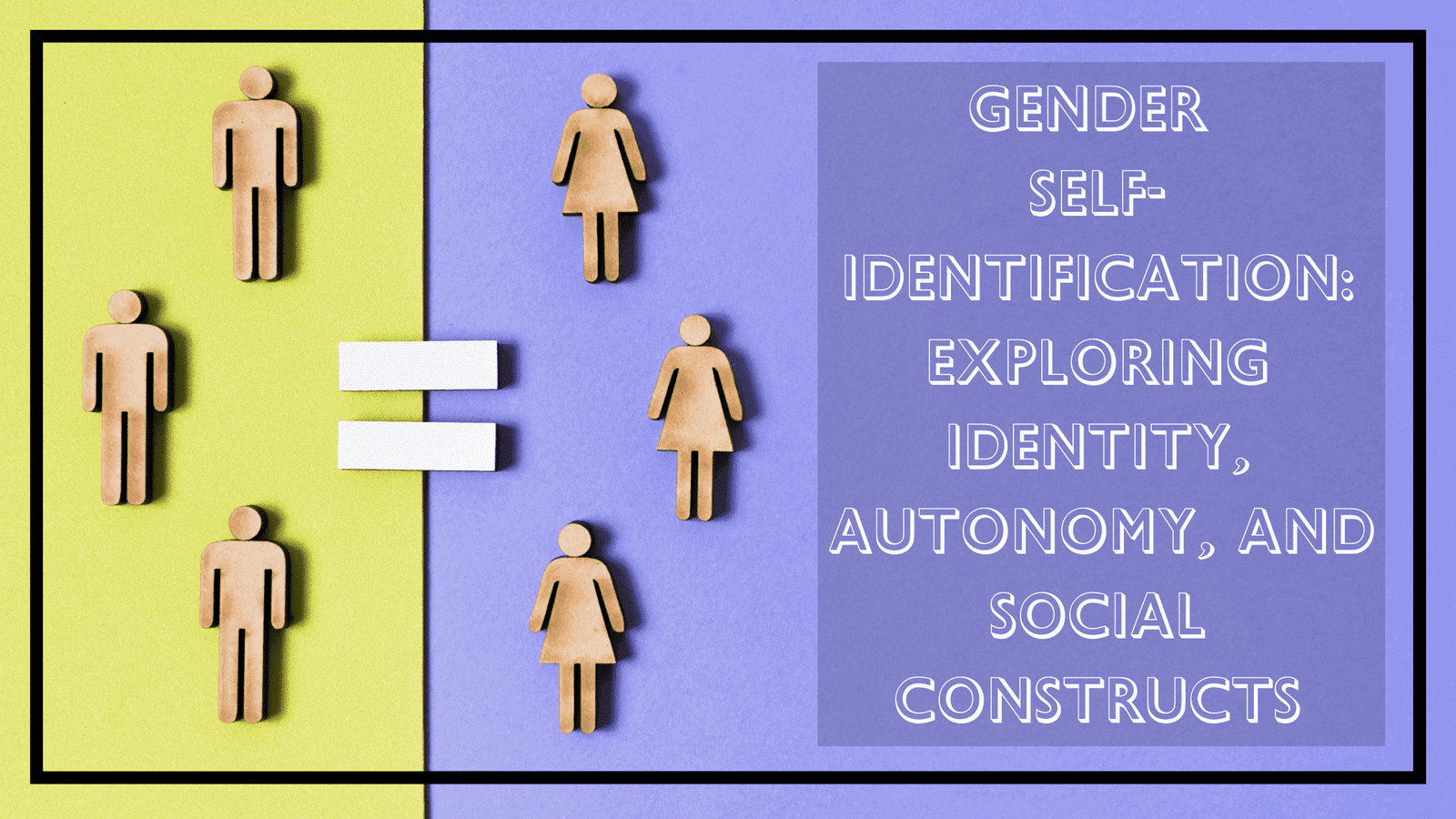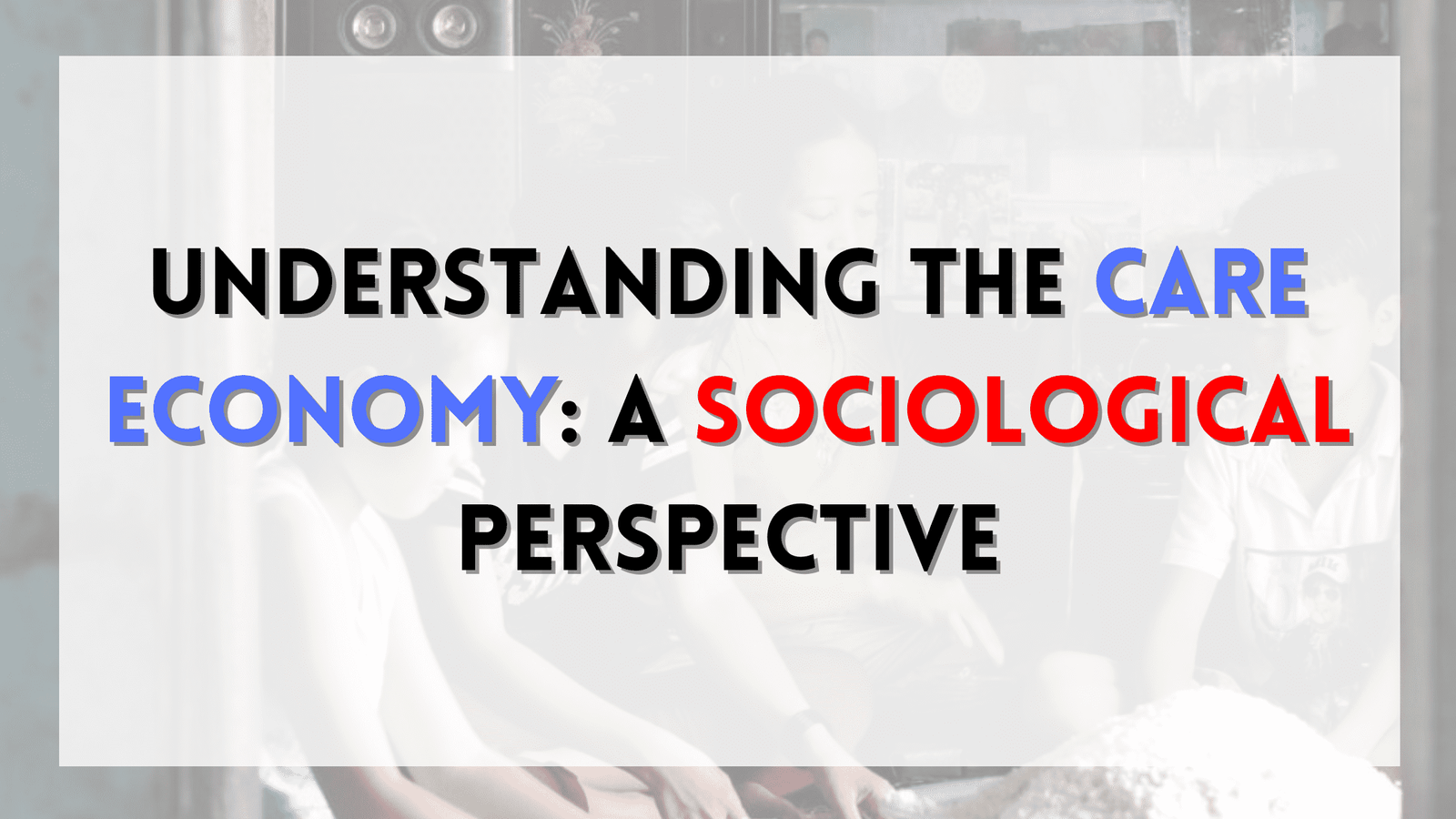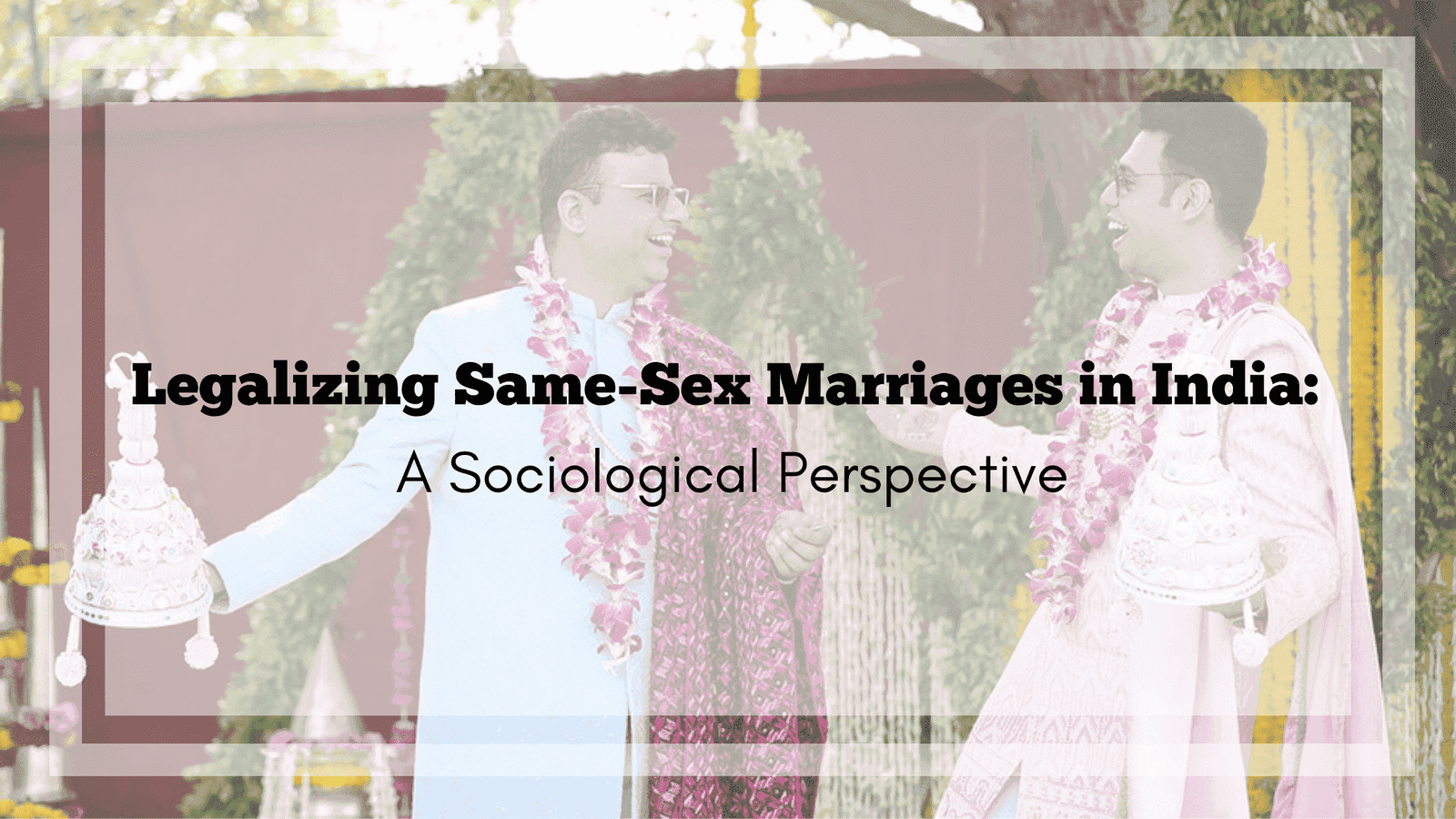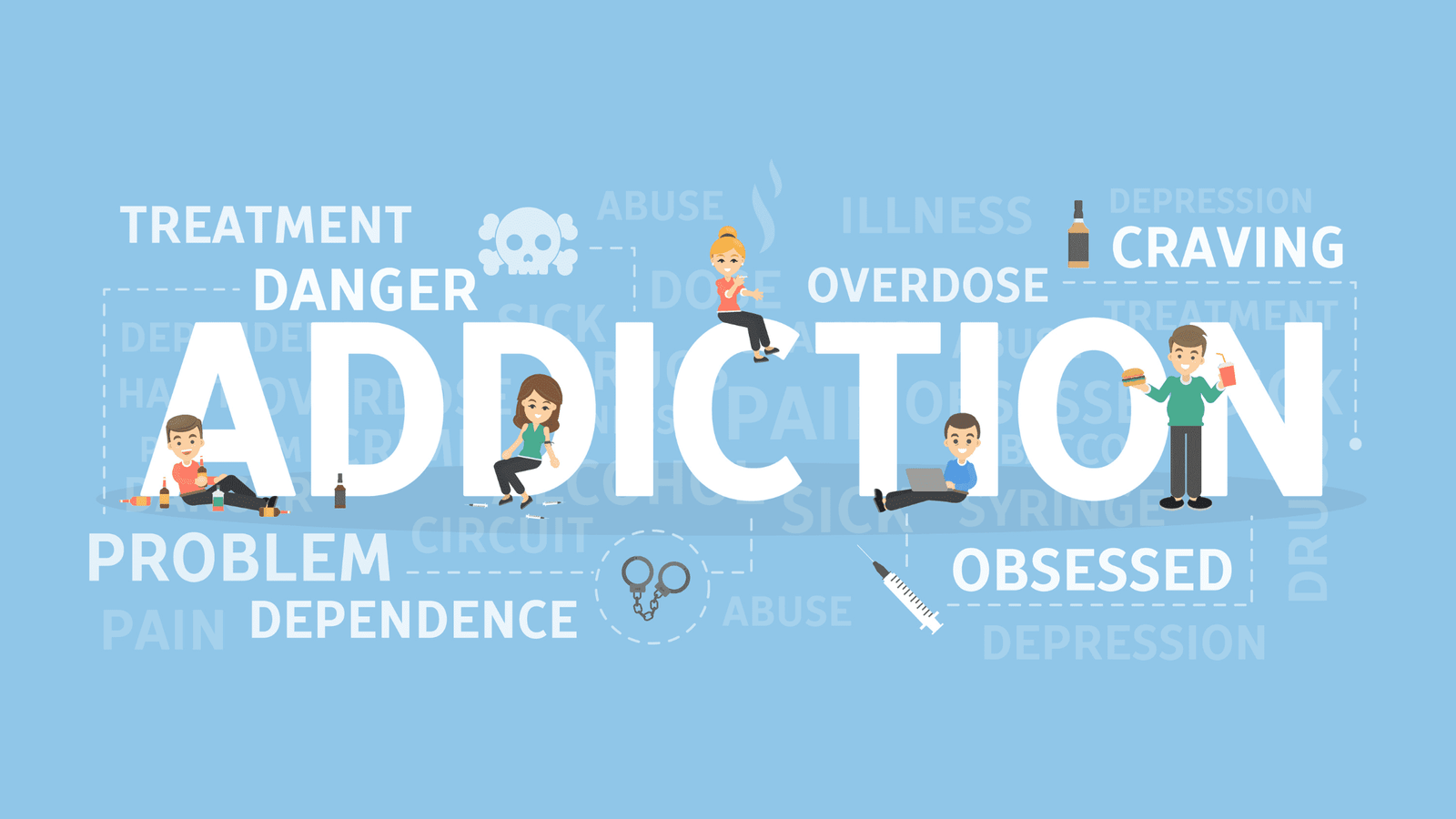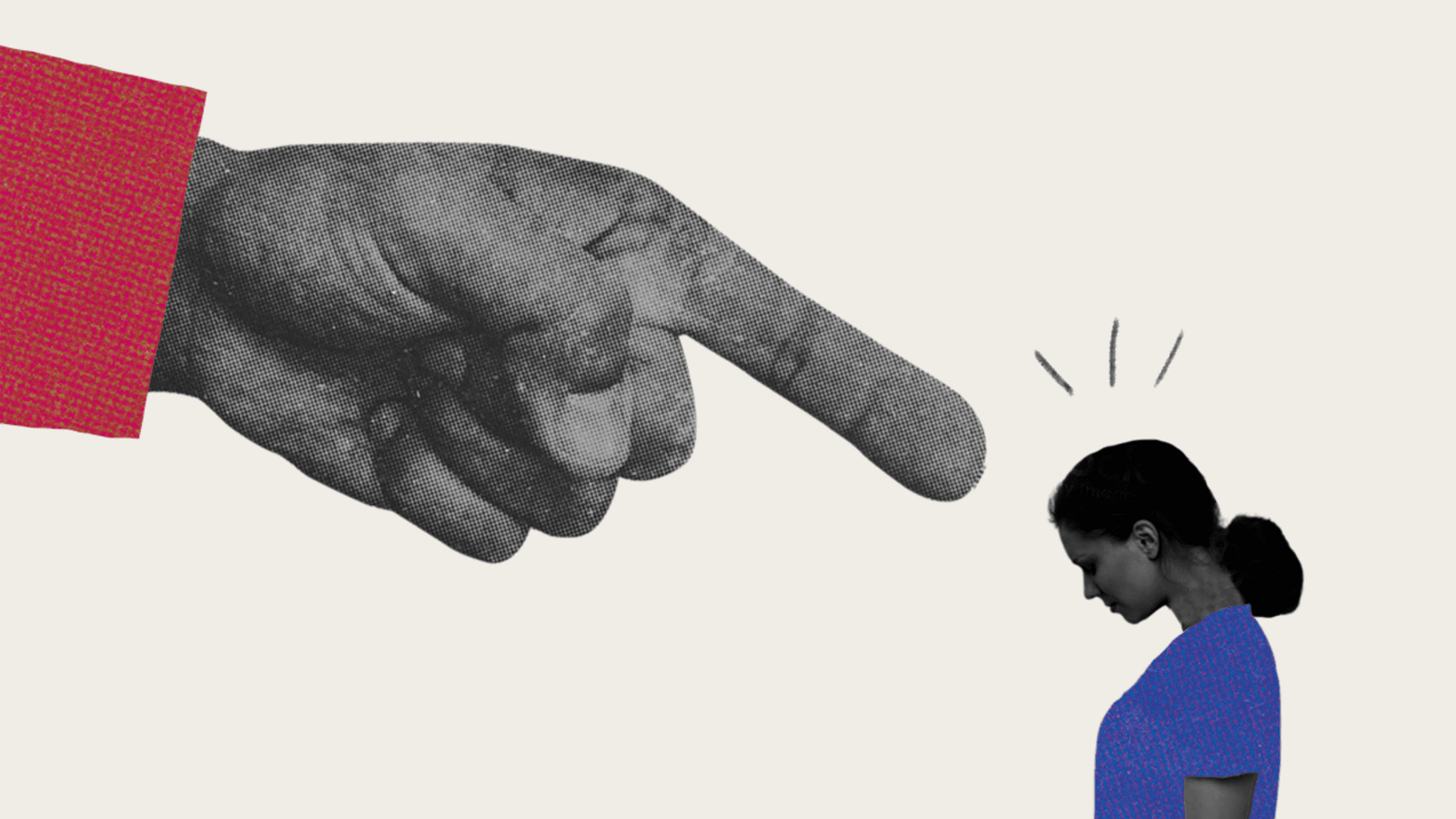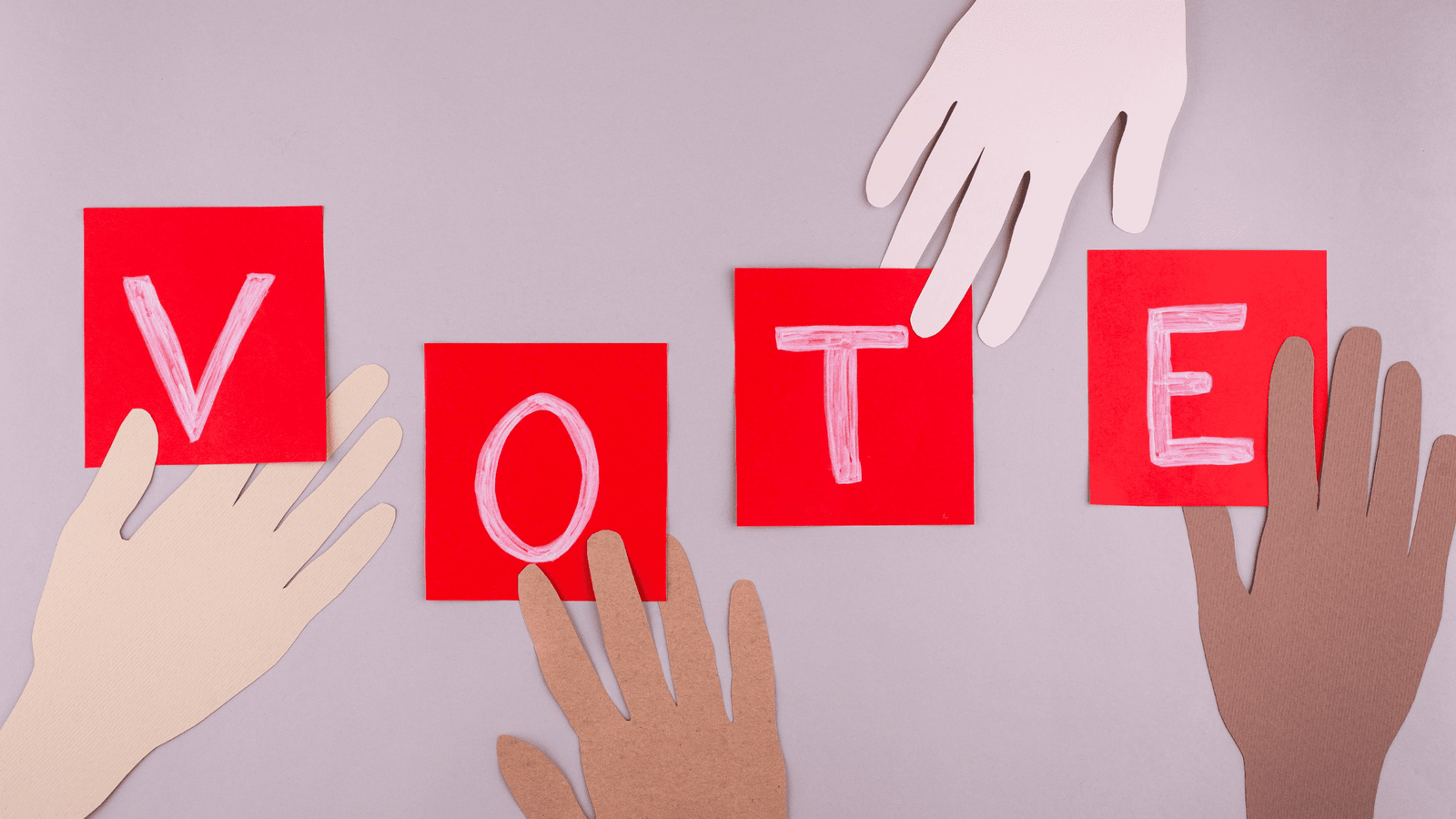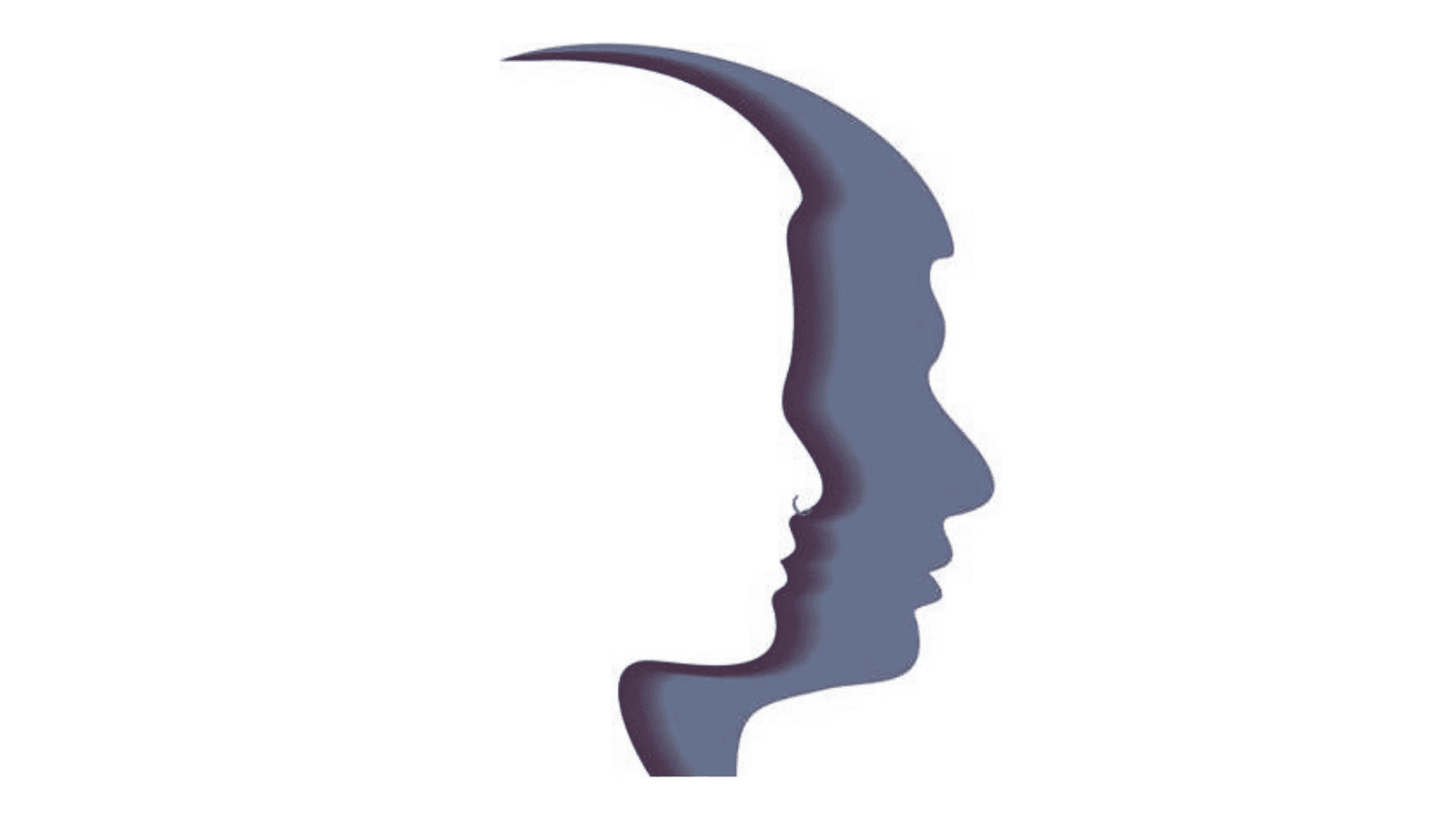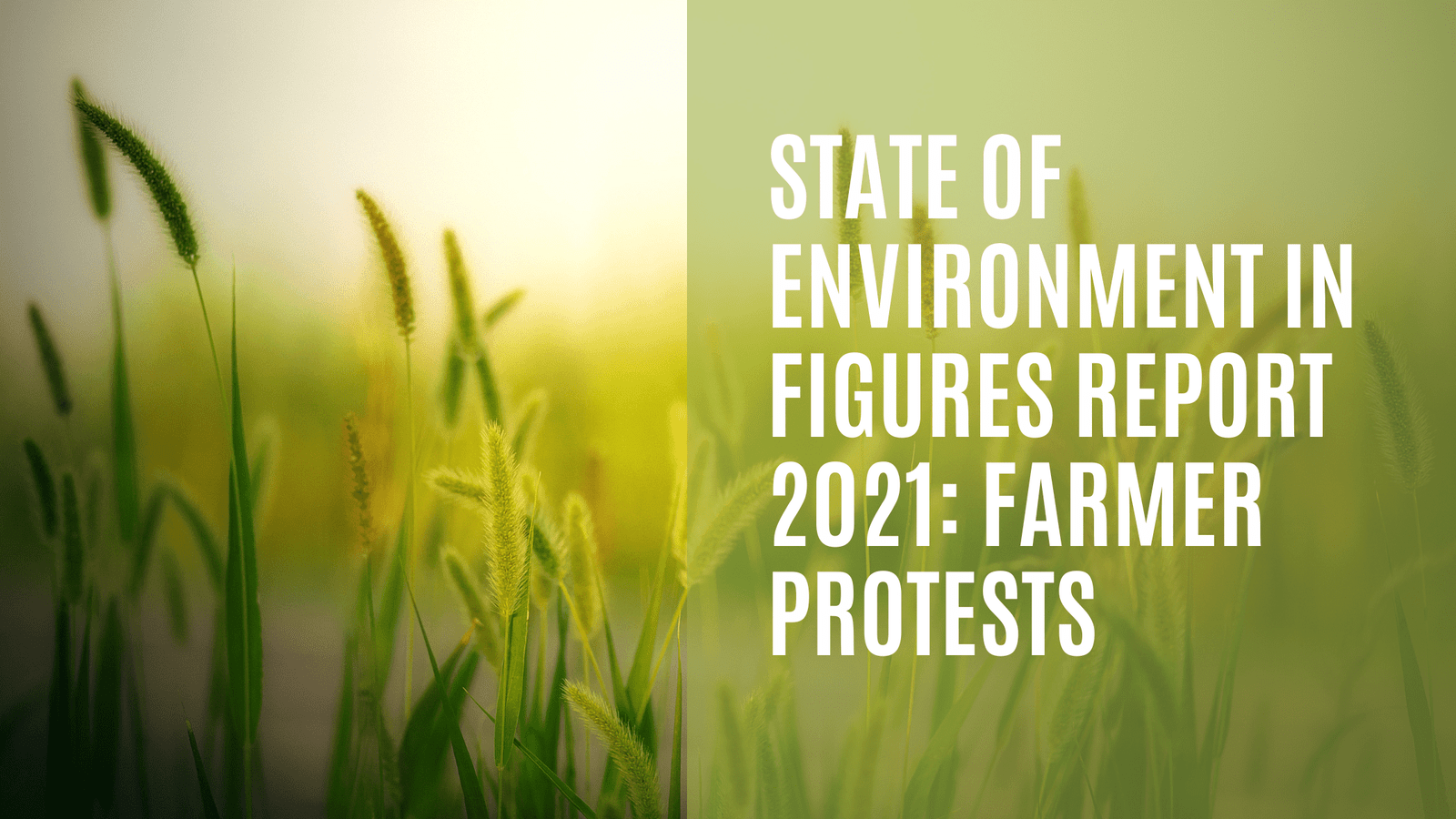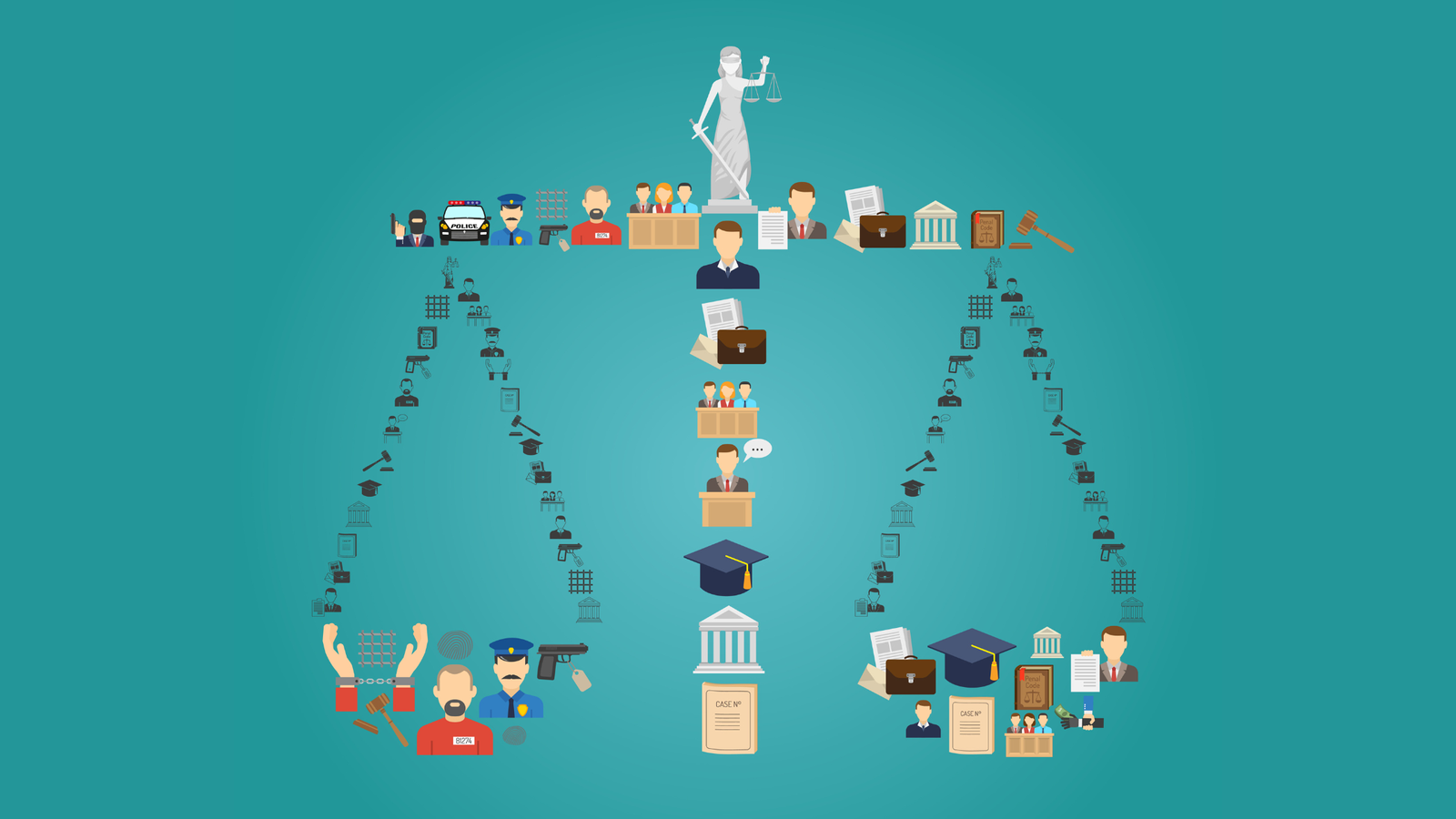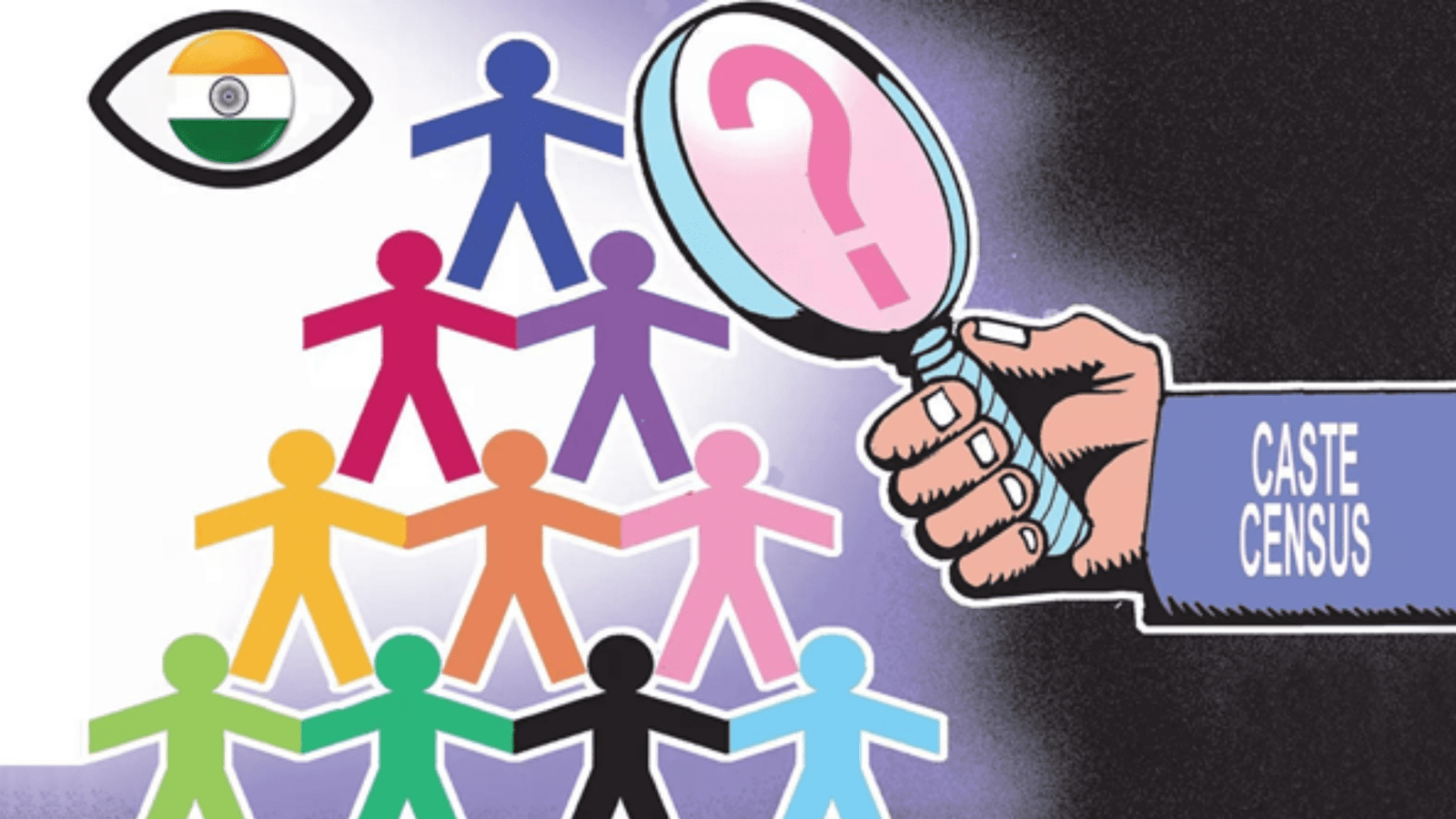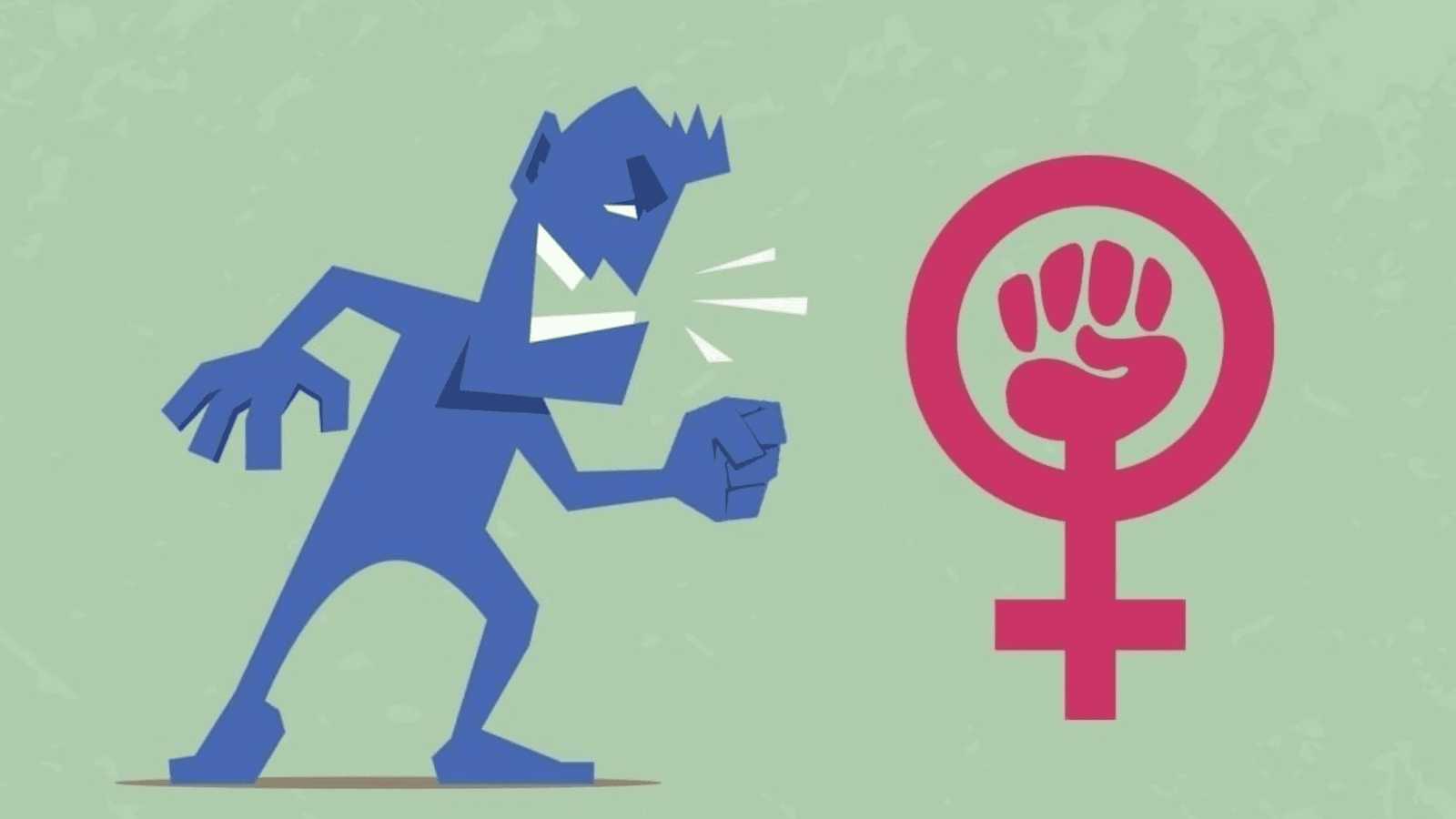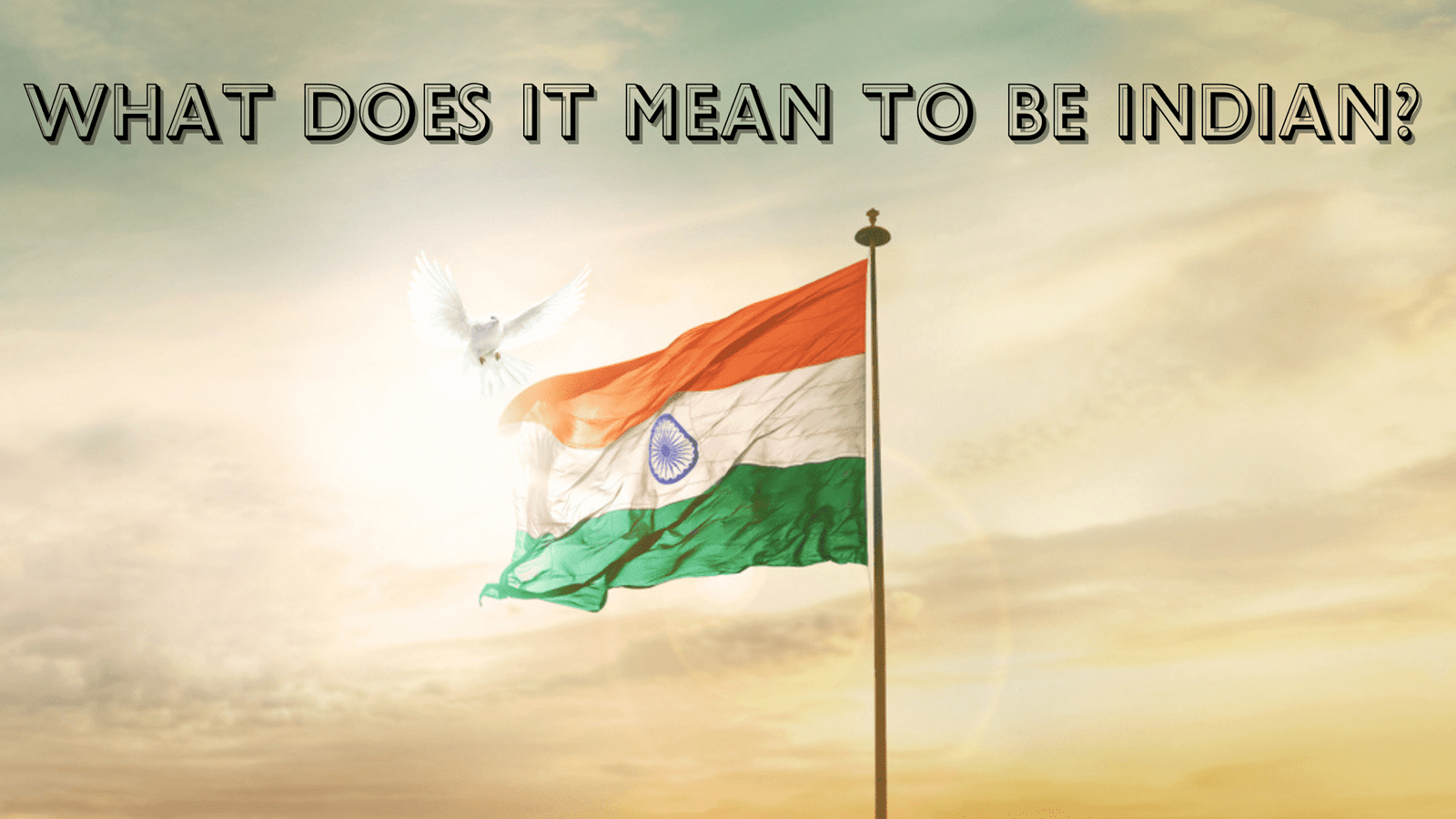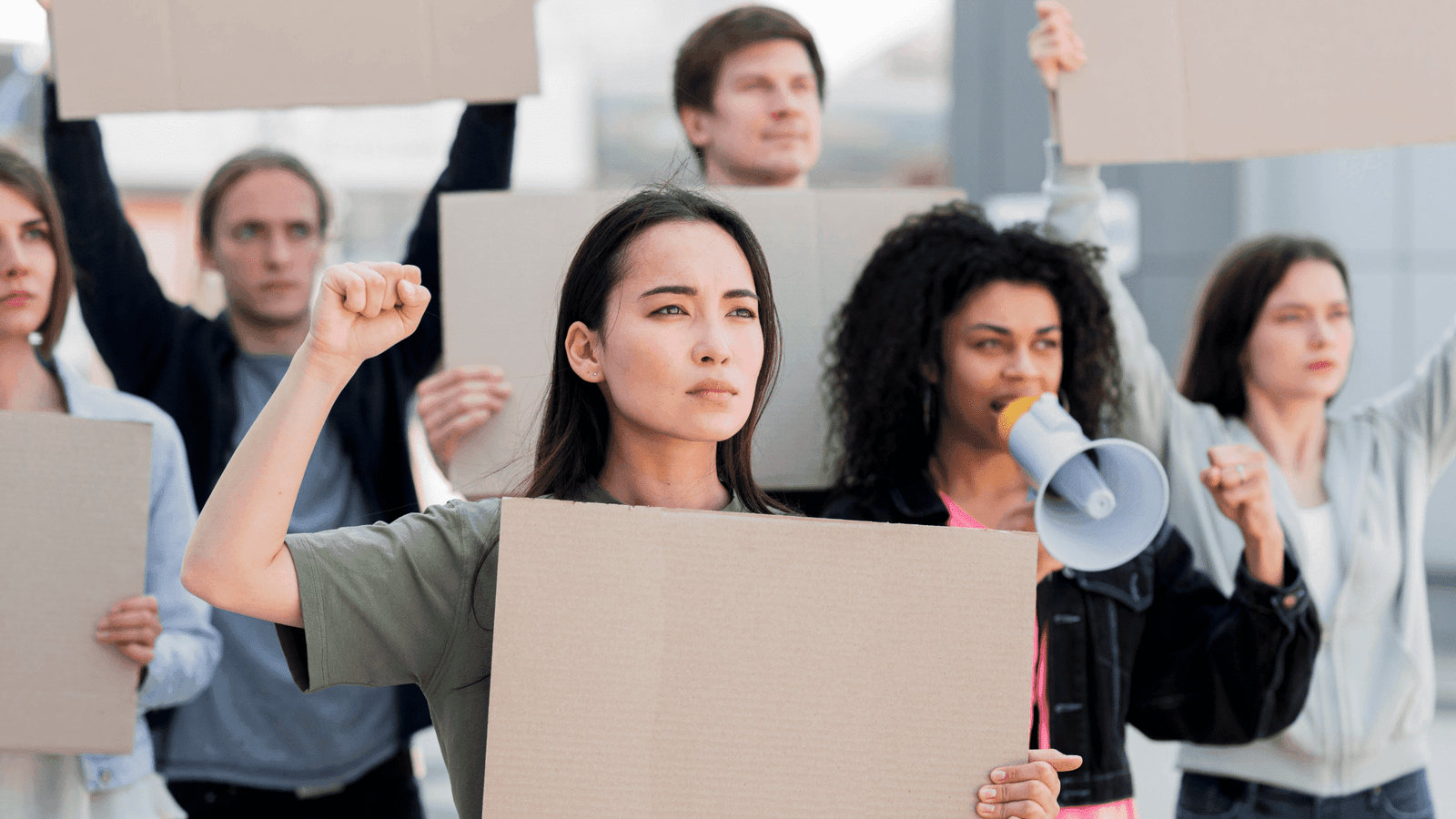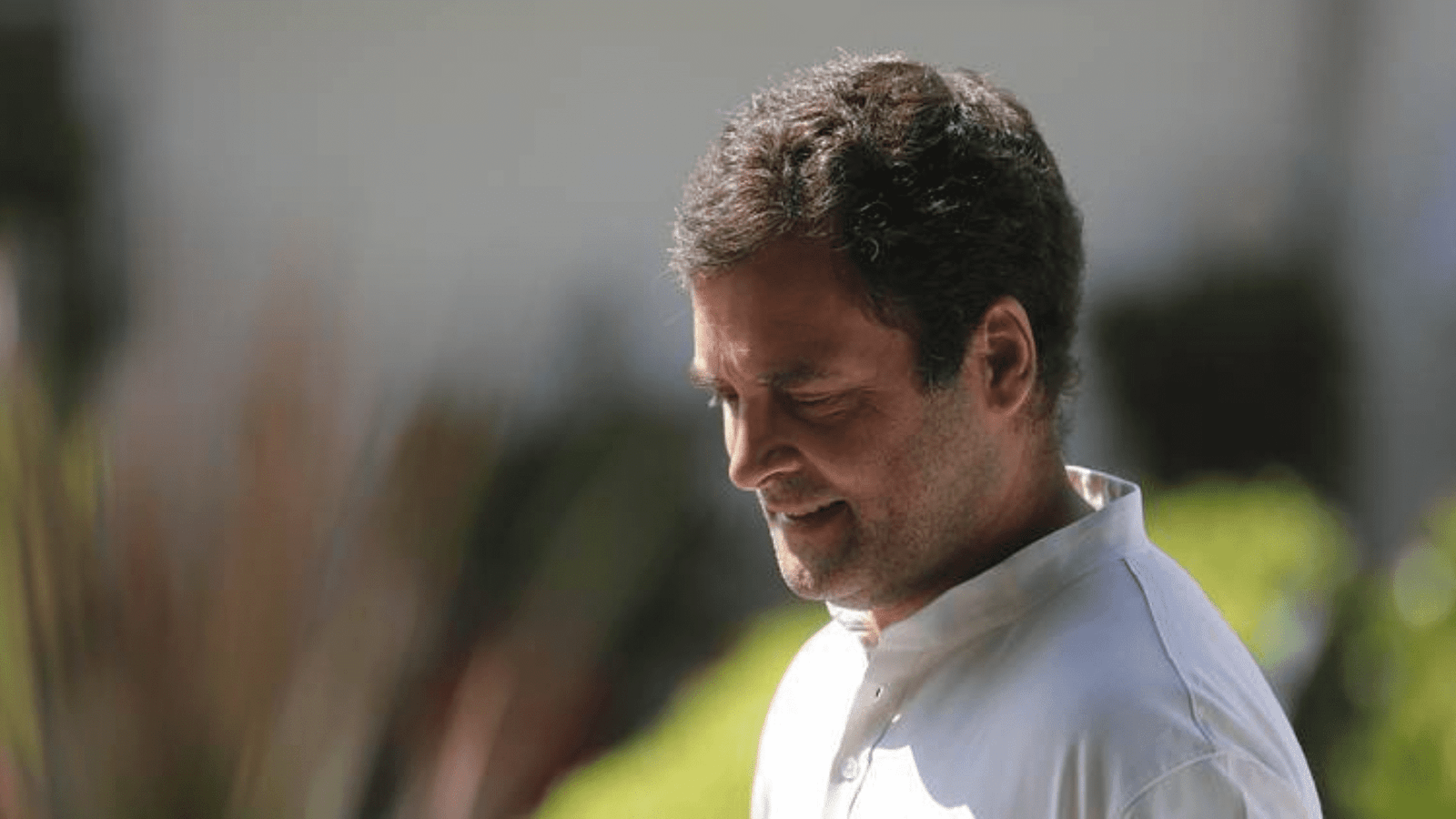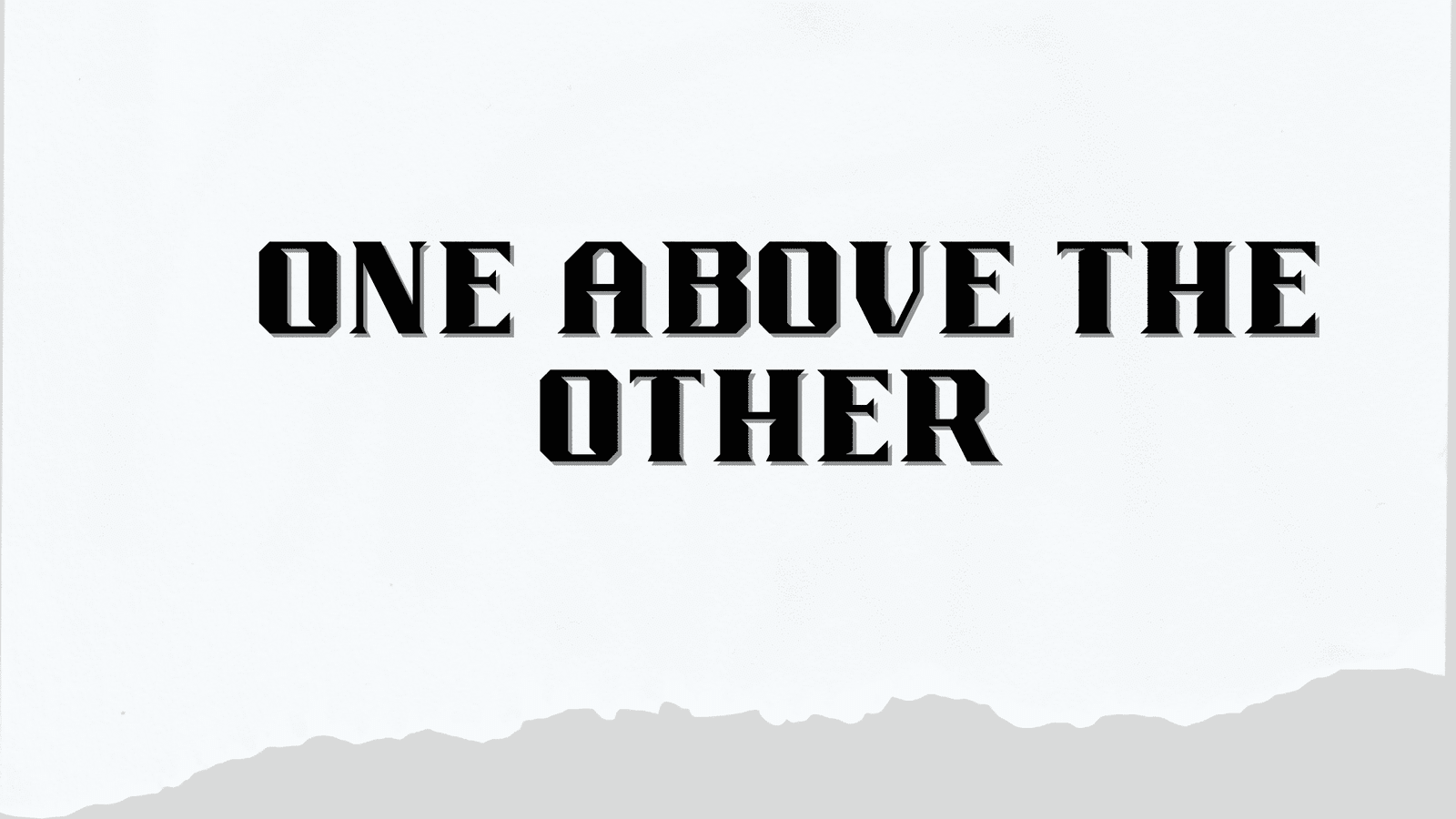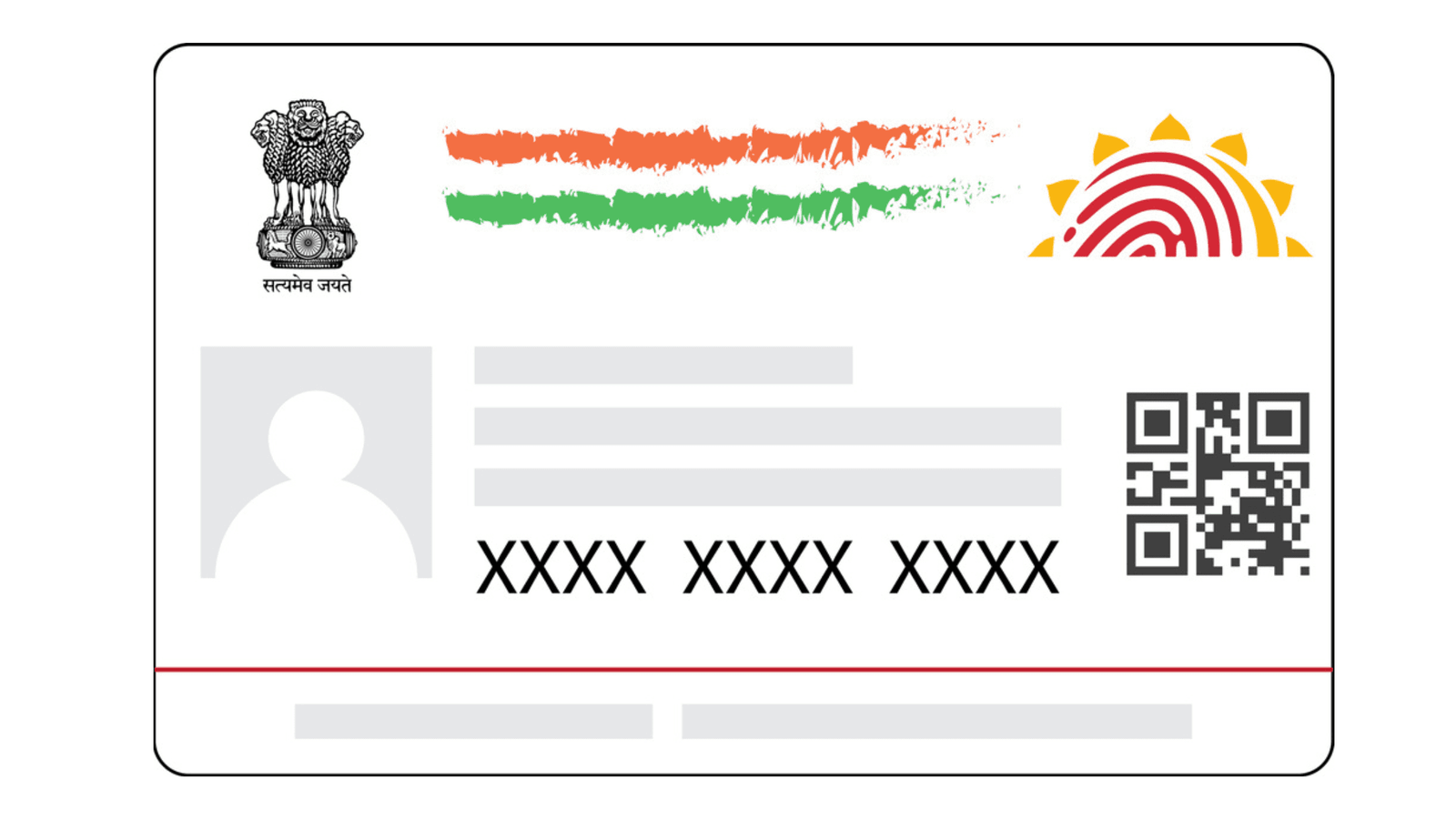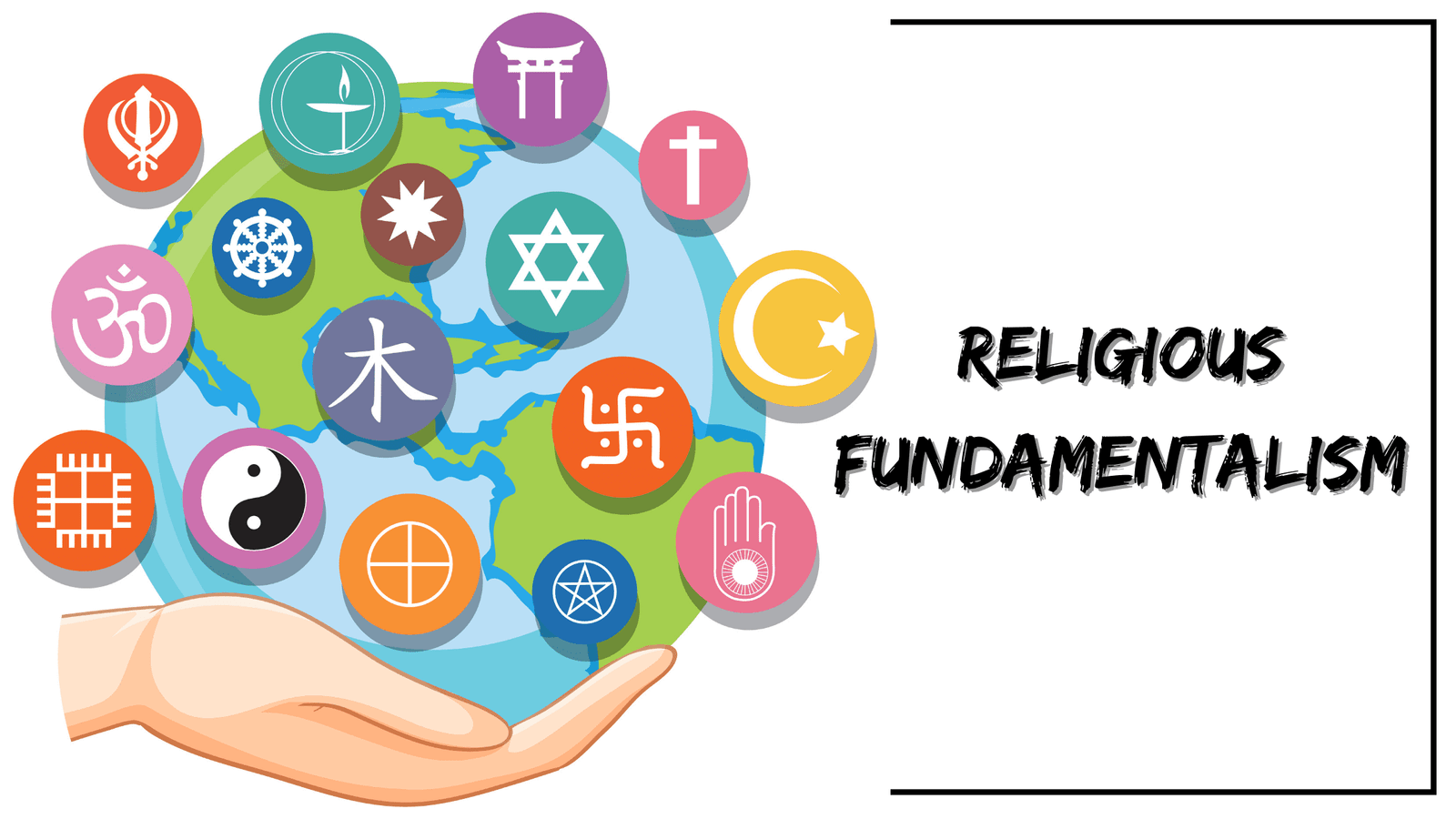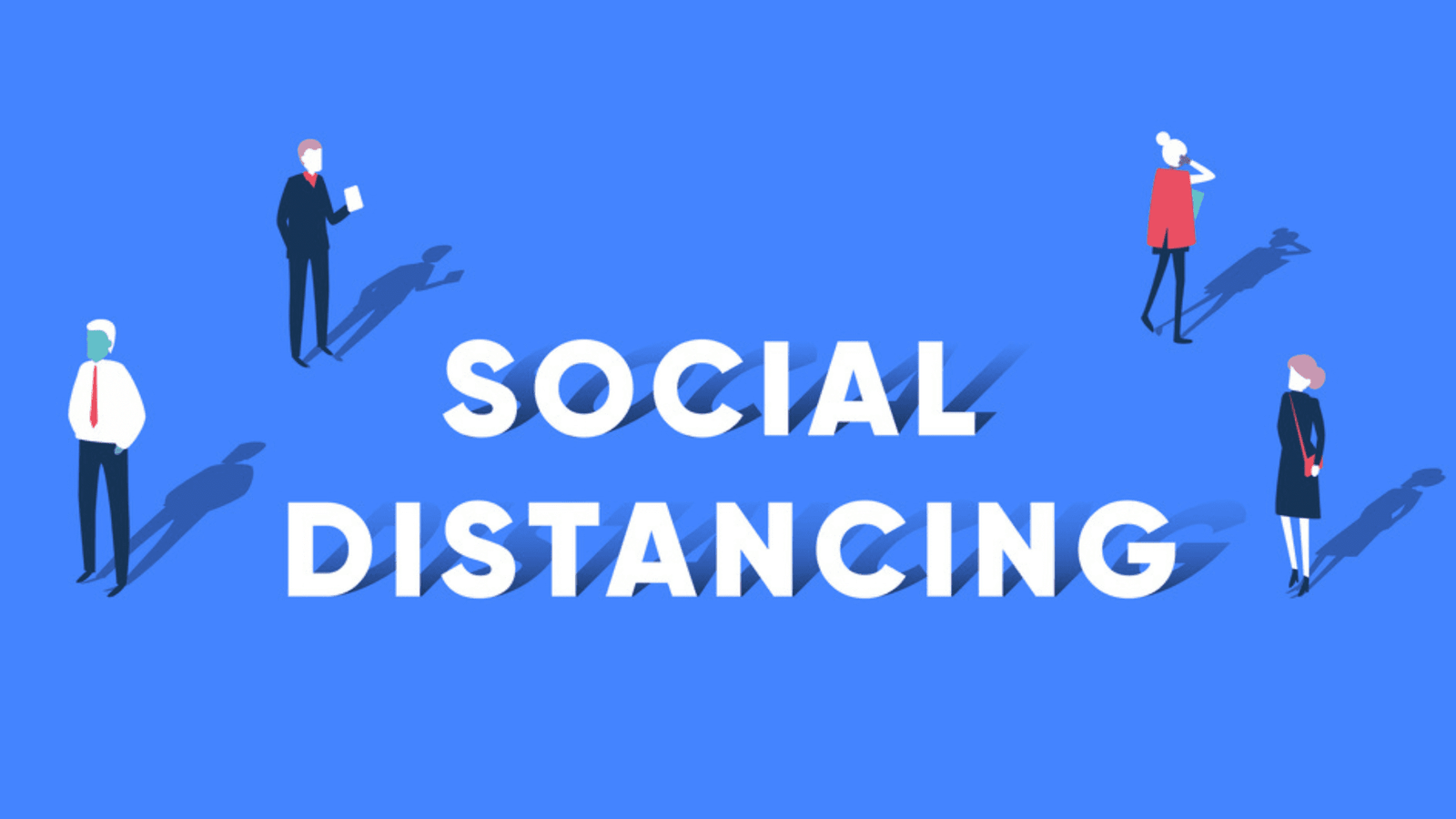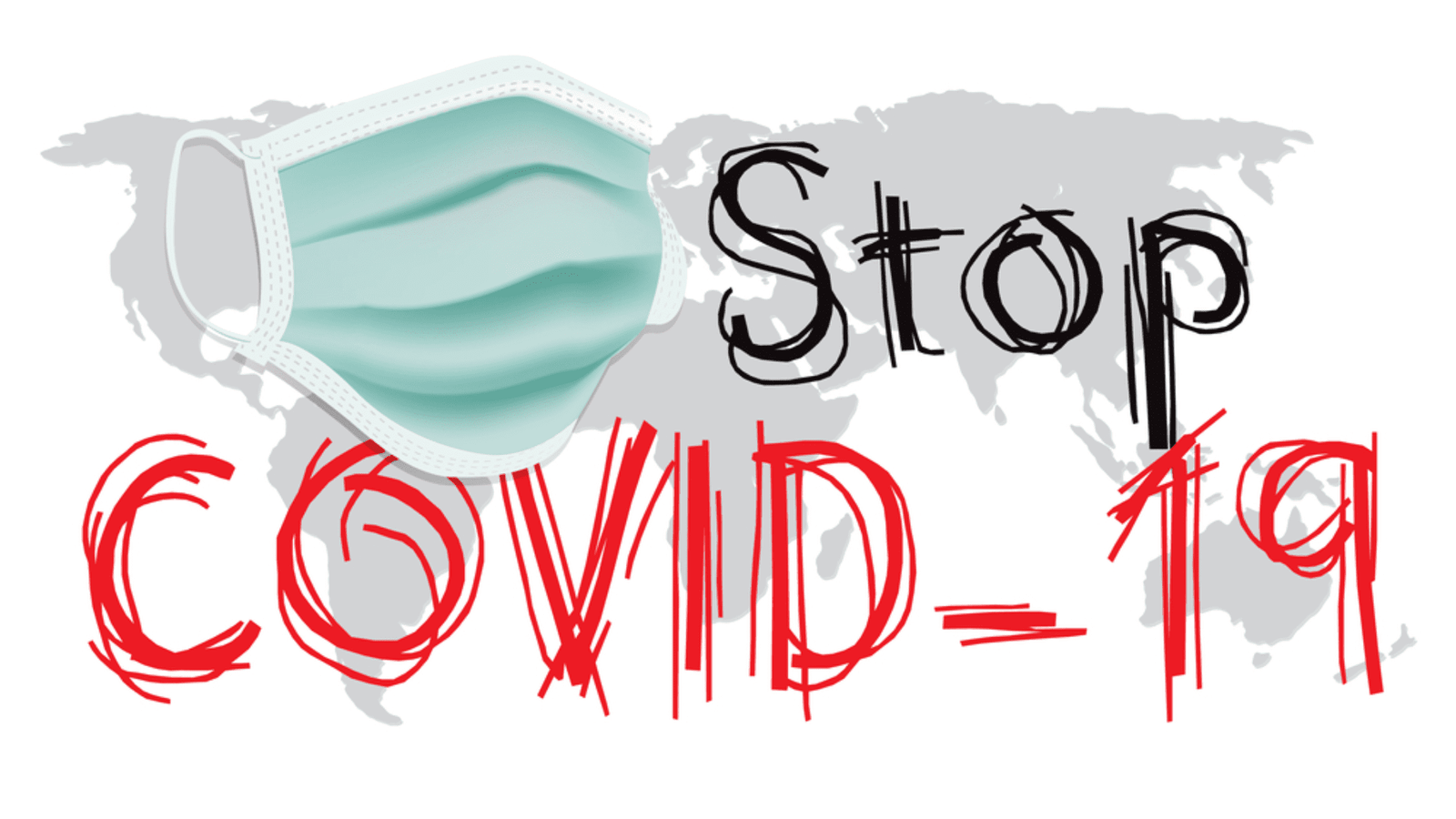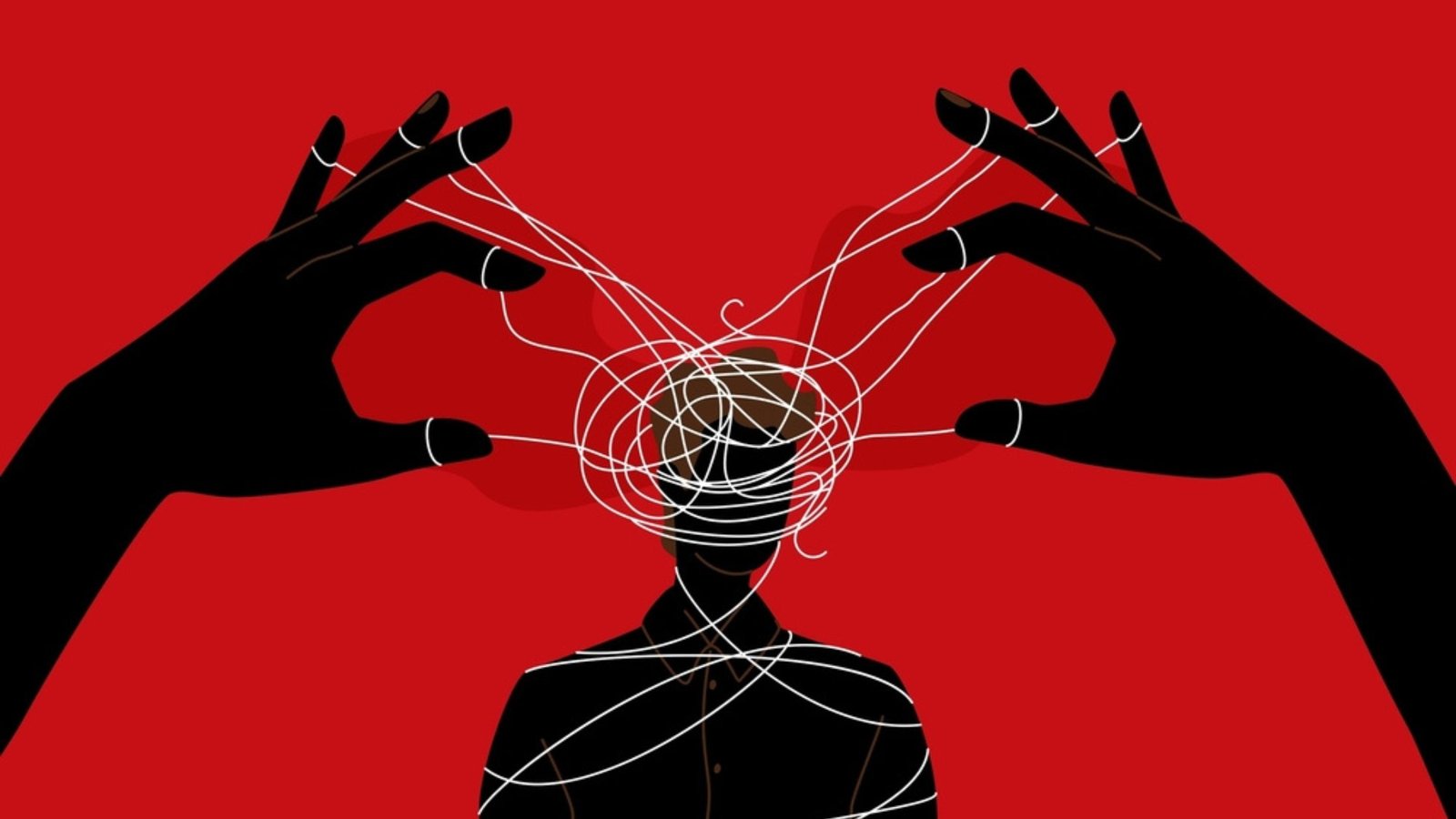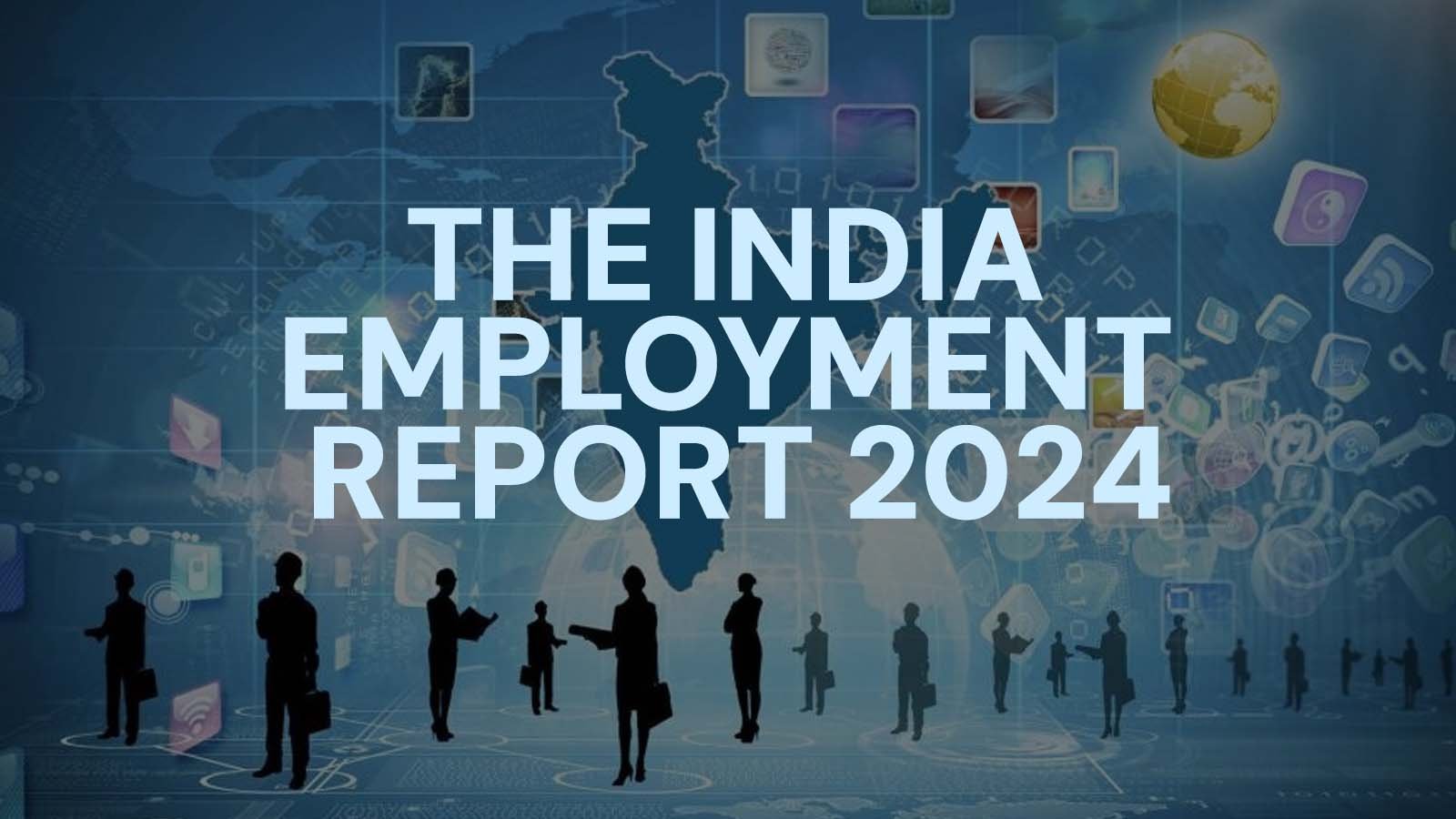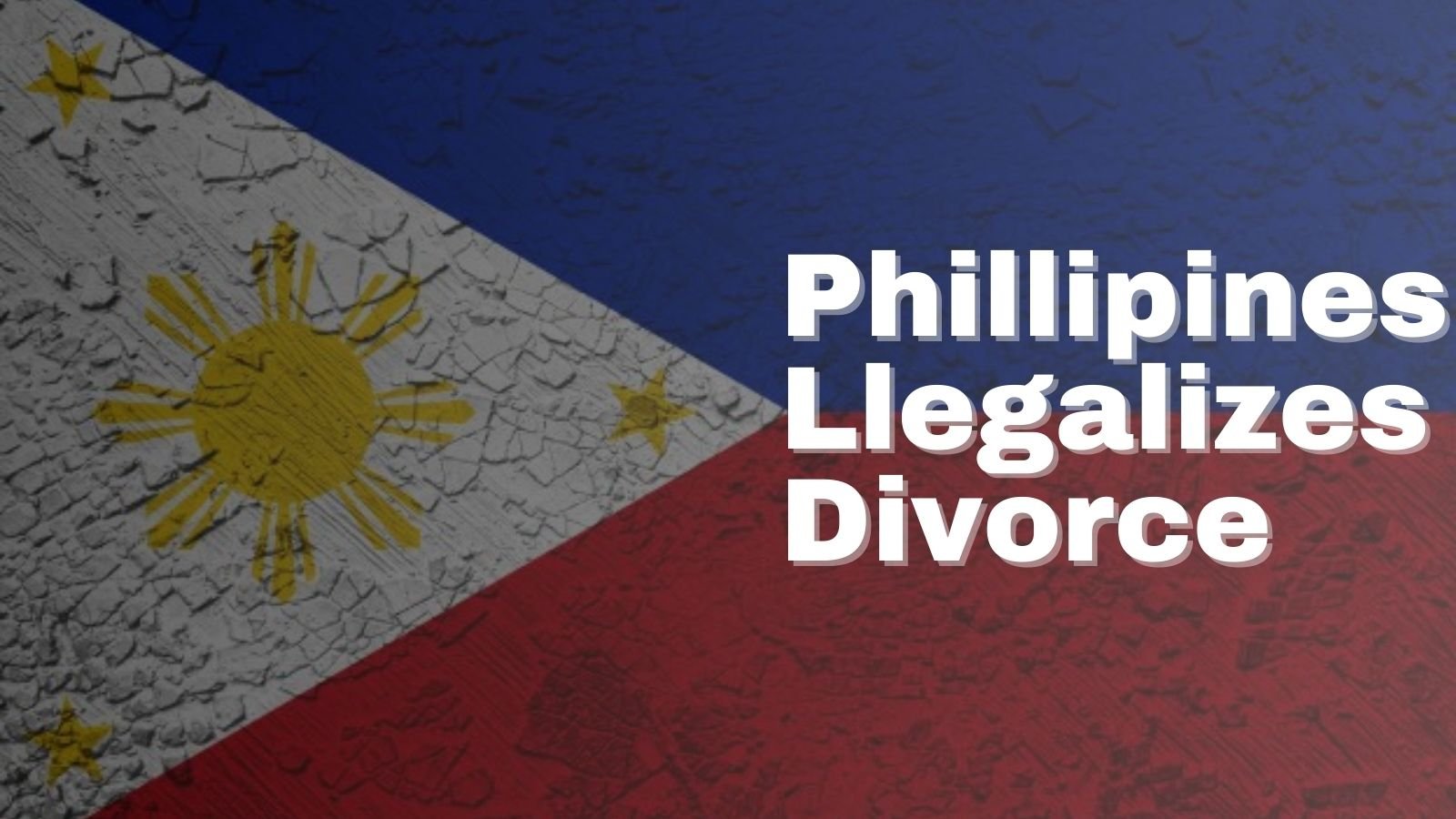
Facebook is no stranger to controversy, but the past few weeks have been particularly disreputable for the tech giant.
The turmoil began when Facebook former-employee-turned-whistleblower Frances Haugen copied internal documents — including internal research and employee discussions — and leaked it to The Wall Street Journal, the Securities and Exchange Commission (SEC) and Congress.
With approximately 2.89 billion active users, the company is worth more than $1 trillion, and the Facebook “family” of applications includes highly popular ones, including Facebook Messenger, WhatsApp and Instagram. These newly leaked documents are nothing short of a revelatory peek into one of the most powerful corporations in the world — especially because social media platforms are notorious for keeping their internal documents secret.
Why did Haugen choose to blow the whistle?
Haugen’s choice to take a stand against Facebook was a matter of conscience and a personal feeling of protecting democracy. “The thing I want everyone to know is that Facebook is far, far more dangerous than anyone knows, and it is getting worse. We can't expect it to fix itself on its own,” she told the Journal.
Haugen remained anonymous until she revealed her identity on ”60 Minutes” in an interview with correspondent Scott Pelley.
"The thing I saw at Facebook over and over again was there were conflicts of interest between what was good for the public and what was good for Facebook. And Facebook, over and over again, chose to optimize for its own interests, like making more money,” Haugen said.
Haugen started working for Facebook in June 2019 and joined a team called Civic Integrity, a group of people studying harm caused on the app, including but not limited to, conspiracy theorists and human traffickers.
“I joined Facebook because someone I was incredibly close to, who was really important to me, I lost them to misinformation on the internet, and I never want anyone to feel the pain that I felt,” Haugen told the Journal.
Haugen discussed how the dissolution of the Civic Integrity team after President Joseph R. Biden Jr.’s election led to the Jan. 6 Capitol riots.
“Facebook turned off all sorts of protections that it had turned on for the 2020 election right after the election … They turned off all those safety mechanisms after or they went back to their old settings after the election. And the insurrection happens and immediately they throw them back on,” Haugen said.
Haugen’s filing with the SEC revealed an internal study that demonstrates a link between the Capitol riots and Facebook. As part of the experiment, Facebook researchers created test accounts that followed the official accounts of Fox News, Melania Trump, former President Donald J. Trump and others.
The study found that it took one day for polarizing content to be suggested to the account, and two days for page recommendations to begin to recommend conspiracy theories.
After the insurrection, it became evident that Facebook wasn’t equipped to handle the level of power they had achieved. Haugen told the Journal that she wanted to give lawmakers the information they needed to protect the public and regulate Facebook.
Why the big fuss? What are the findings of the "Facebook Files"?
On Oct. 1, the Journal released the information Haugen provided in a scathing series of reports and broke it down into articles and podcasts (if you’re a Rutgers student, you can use the Rutgers University Libraries digital subscription to read these articles without a paywall).
One of the major takeaways of the reports is that Facebook knows that Instagram is particularly toxic for teenage girls and creates a feedback loop of depression/body dysmorphia and overuse of the app.
“Thirty-two percent of teen girls said that when they felt bad about their bodies, Instagram made them feel worse,” the researchers said, according to the Journal.
Another fact the documents revealed is that the company’s response to “hate” is insufficient.
Facebook has also been marketing to preteens that goes beyond the project company developers were working on to make a version of Instagram for kids. The Journal reports that a document called preteens “a valuable but untapped audience.”
What does Facebook’s global blackout have to do with anything?
Interestingly, a day before Haugen appeared before Congress to testify against Facebook, the Facebook family of apps were down for 5 hours during a global outage on Oct. 5.
The infamous Facebook CEO Mark Zuckerberg took to Facebook to apologize for the disruption. He wrote, “Facebook, Instagram, WhatsApp and Messenger are coming back online now,” Zuckerberg posted late Monday. “Sorry for the disruption today — I know how much you rely on our services to stay connected with the people you care about.”
According to Facebook’s Vice President of Engineering and Infrastructure Santosh Janardhan, the outage was due to “configuration changes.” He further wrote, “We want to make clear that there was no malicious activity behind this outage — its root cause was a faulty configuration change on our end. We also have no evidence that user data was compromised as a result of this downtime.”
Facebook’s statement sounds like a good enough explanation for most users. But sociologist Shoshana Zuboff is skeptical.
What is surveillance capitalism?
“The problem is that this topic is reported as if it were 'a Facebook problem.' Facebook is a scandalous, daring and reprehensible example of a new global economic order," Zuboff said to BBC News Mundo on Oct. 7 after the blackout.
Zuboff is the author of “The Age of Surveillance Capitalism,” a monstrous book more than 700 pages long, that introduced the idea of “surveillance capitalism” — a pivotal framework to understanding the murky behaviors of internet businesses.
“Surveillance capitalism unilaterally claims human experience as free raw material for translation into behavioral data,” Zuboff writes in the introduction of the book.
She explains how this raw material is bought, sold, and worse, predicted. This data becomes an endless surplus for corporations, especially for Facebook. When businesses like Facebook can anticipate and influence user behavior, they not only maximize profit, but also rework the very idea of what it means to be human. In essence: Corporations can encourage our behavior toward profitable outcomes.
“It is no longer enough to automate information flows about us; the goal now is to automate us,” Zuboff said in a 2019 interview with The Guardian.
Zuboff explained how the Facebook 5-hour blackout was the “best thing that could happen” for the platform. "This Monday's drop is a reminder of our enormous dependence on Facebook, but it can be good for the company because of the reflex reaction that occurs when you depend on something and it is suddenly taken away from you: you fight to keep it,” she said.
This dependence is part of the image surveillance capitalists are curating, and ultimately, the reason corporations like Facebook make exuberant profits. Under the guise of efficiency, these corporations are greedily intruding on our every move.
But surveillance capitalism isn’t an inevitable byproduct of technology: “Surveillance capitalism is a human creation. It lives in history, not in technological inevitability. It was pioneered and elaborated through trial and error at Google in much the same way that the Ford Motor Company discovered the new economics of mass production,” Zuboff said.
Just as the flourishing of the Industrial Revolution has led to the destruction of Earth, Zuboff says the current information civilization under surveillance capitalism risks our humanity.
Karl Marx’s image of capitalism was a response to the industrialization of his time, and Zuboff similarly situates surveillance capitalism as a critique of our current society. But she says when thinking about Marx’s ideas about capitalism, there’s one incredibly urgent difference: “Instead of labor, surveillance capitalism feeds on every aspect of every human’s experience.”
Many of the buzzwords being thrown in mainstream media about this topic include words like “private,” “public” and even “Orwellian.” As Zuboff stresses in her book, our vocabulary can’t keep up with how quickly the changes are occurring in our society due to big data.
“We rely on categories such as ‘monopoly’ or ‘privacy’ to contest surveillance capitalist practices,” she writes. “And although these issues are vital, and even when surveillance capitalist operations are also monopolistic and a threat to privacy, the existing categories nevertheless fall short in identifying and contesting the most crucial and unprecedented facts of this new regime.”
How does surveillance capitalism relate to the "Facebook Files"?
Although Haugen is pushing Facebook’s formidableness into the spotlight, the narrative presented is limited. It’s true that Facebook is a major player in the erosion of civil discourse and that people are being harmed due to lack of government regulation.
The more accurate and urgent way to understand Facebook’s failures is to situate its position as a fundamental founder of the surveillance capitalism economic system that Zuboff discusses at length in her book.
Facebook isn’t the problem in-and-of-itself, but one of the many internet businesses that are reshaping our understanding of humanity, redefining privacy, democracy, monopoly, and most importantly, power.
It’s only after accurately assessing the situation can we work toward much-needed solutions
So now what?
The bottom line? Surveillance capitalism, the economic order practiced by actors such as Facebook, Google and most other online businesses, is the new economic order, and it is running unchecked.
But it doesn’t have to be this way.
There’s no way to properly address this societal shift without understanding how mainstream media narratives are, whether knowingly or not, unfit to address the full extent of surveillance capitalism’s chokehold on society that is squeezing every drop of our humanity.
“Surveillance capitalism operates through unprecedented asymmetries in knowledge and the power that accrues to knowledge. Surveillance capitalists know everything about us, whereas their operations are designed to be unknowable to us,” Zuboff writes.
We need fearless, laborious reporting on par with muckrakers like Upton Sinclair and Ida Tarbell, because the stakes for our collective futures depends on it.
We need lawmakers that engage with works like Zuboff’s in order to understand and then create laws that protect us from these corporations.
Like the robber barons of the Industrial Age, Facebook and other big data corporations have monopolies on goods — and in the Information Age, the monopoly that Facebook holds is on behavioral data. Scratch that, your behavioral data. Scratch that, our behavioral data.
Besides entirely glossing over the growing field of surveillance studies, the missing crux from most analyses is that we are all experiencing this unbelievable breach of trust and “privacy” together. All of us are continually using these apps in our daily lives all the time, and our reliance on these platforms and businesses is only growing.
Never mind keeping up with friends online. As a Rutgers student, can you go a day of school without using Canvas? Gmail? Google? How about the Veo scooters?
Collectively, this makes us vulnerable to unmitigated levels of attacks on our behavior, our way of life, the choices we make: The very things that make us human.
There aren’t words yet to address the monumental catastrophes occurring with each swipe of a finger on a black screen, but luckily there is a word for me and you, and that’s us.


